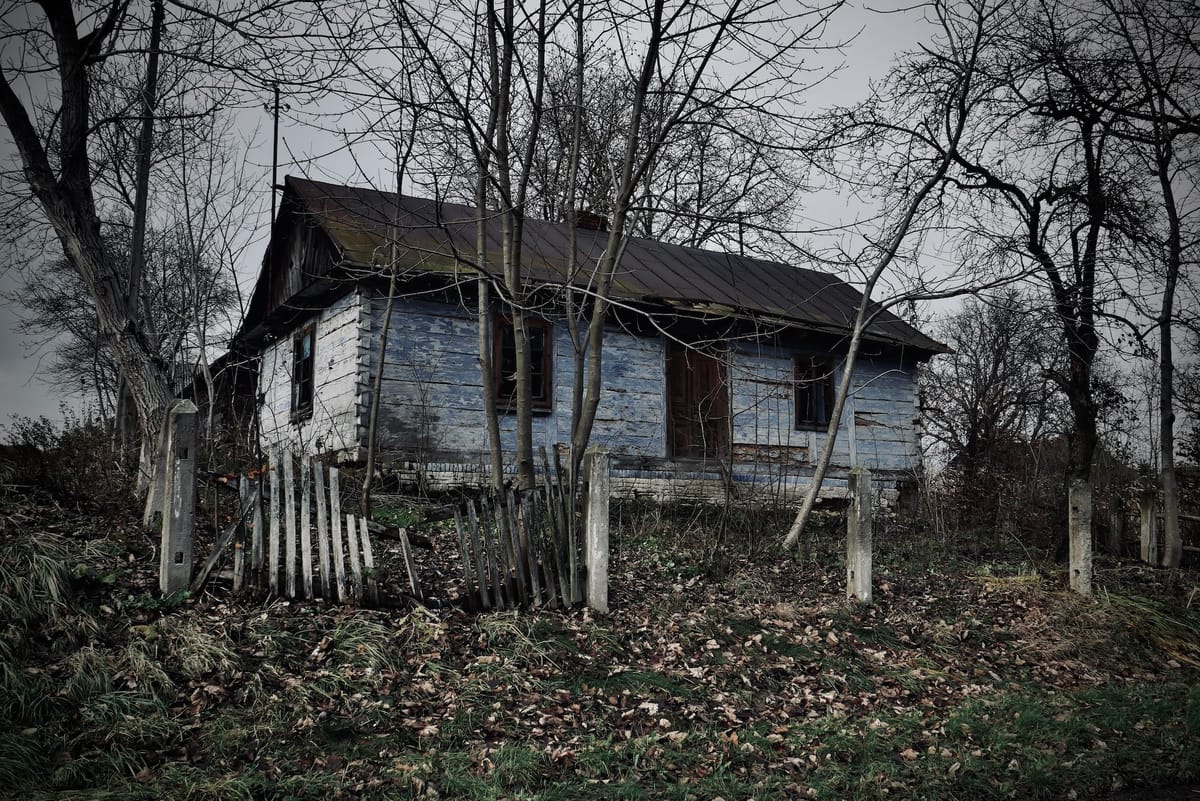It's been a funny old week. Seven days ago I was in Jósefów visiting the site of a massacre undertaken by Reserve Police Battalion 101, in July 1942
You can read all about that in my other post "On Desecration".
Yesterday, I visited Międzyrzec, a small non-distinct town that has the fingerprints of the same battalion all over it. In light of this, I decided it would be a good idea to re-read "Ordinary Men" by Chris Browning, to refresh my memory on all the details, and help inform my trip to Międzyrzec.
All the images in this post were taken in Międzyrzec as I retraced the steps of the October 1942 deportations. Like you do.
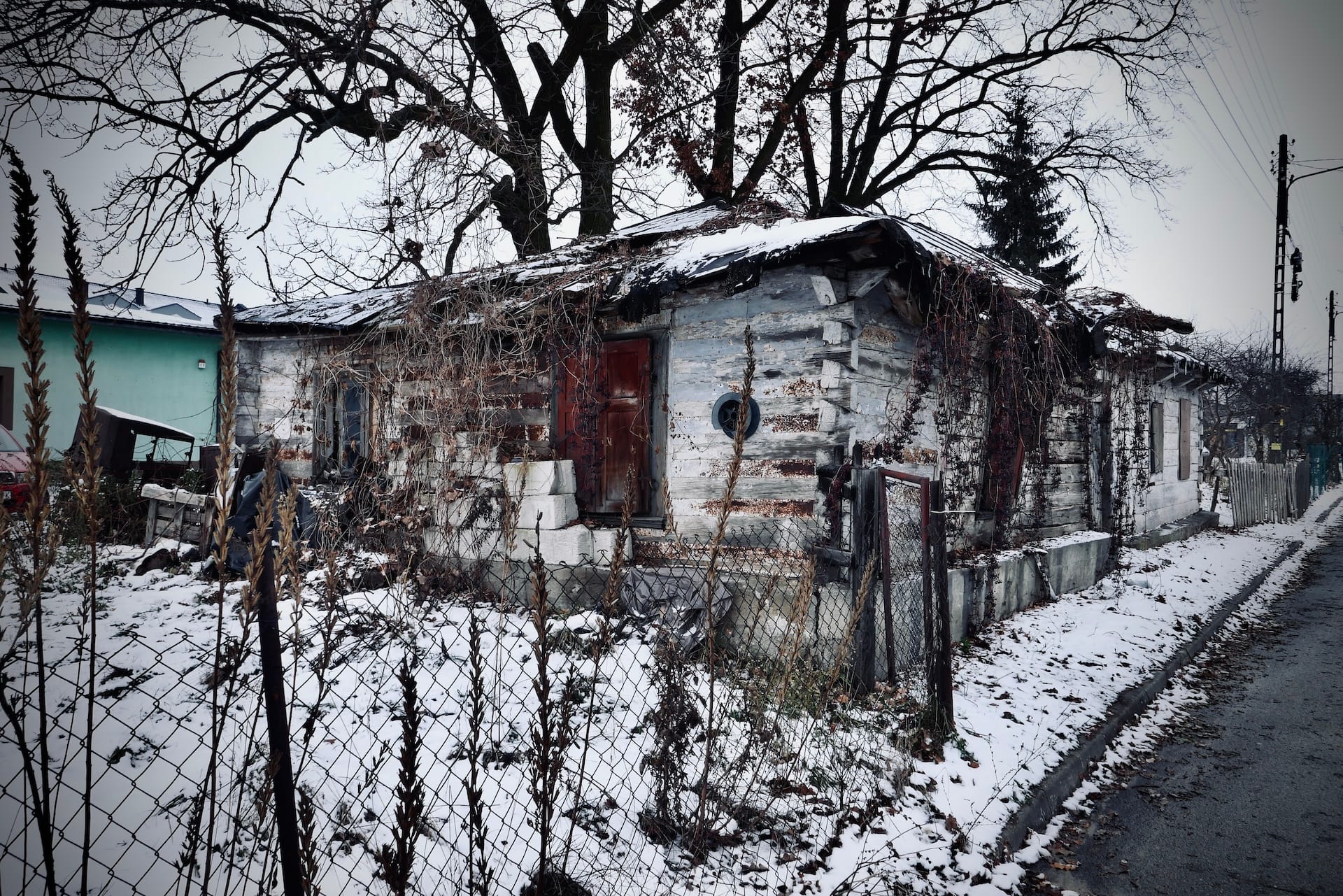
Ordinary Men is undoubtedly a powerful and thought-provoking work that specifically explores the role of Reserve Police Battalion 101 in the Final Solution in Poland during the war.
A quick glance at the internet thing confirms that this book is considered a seminal work in the field of Holocaust studies, and that it has had a significant impact on people's understanding of the events that took place during this dark period in history.
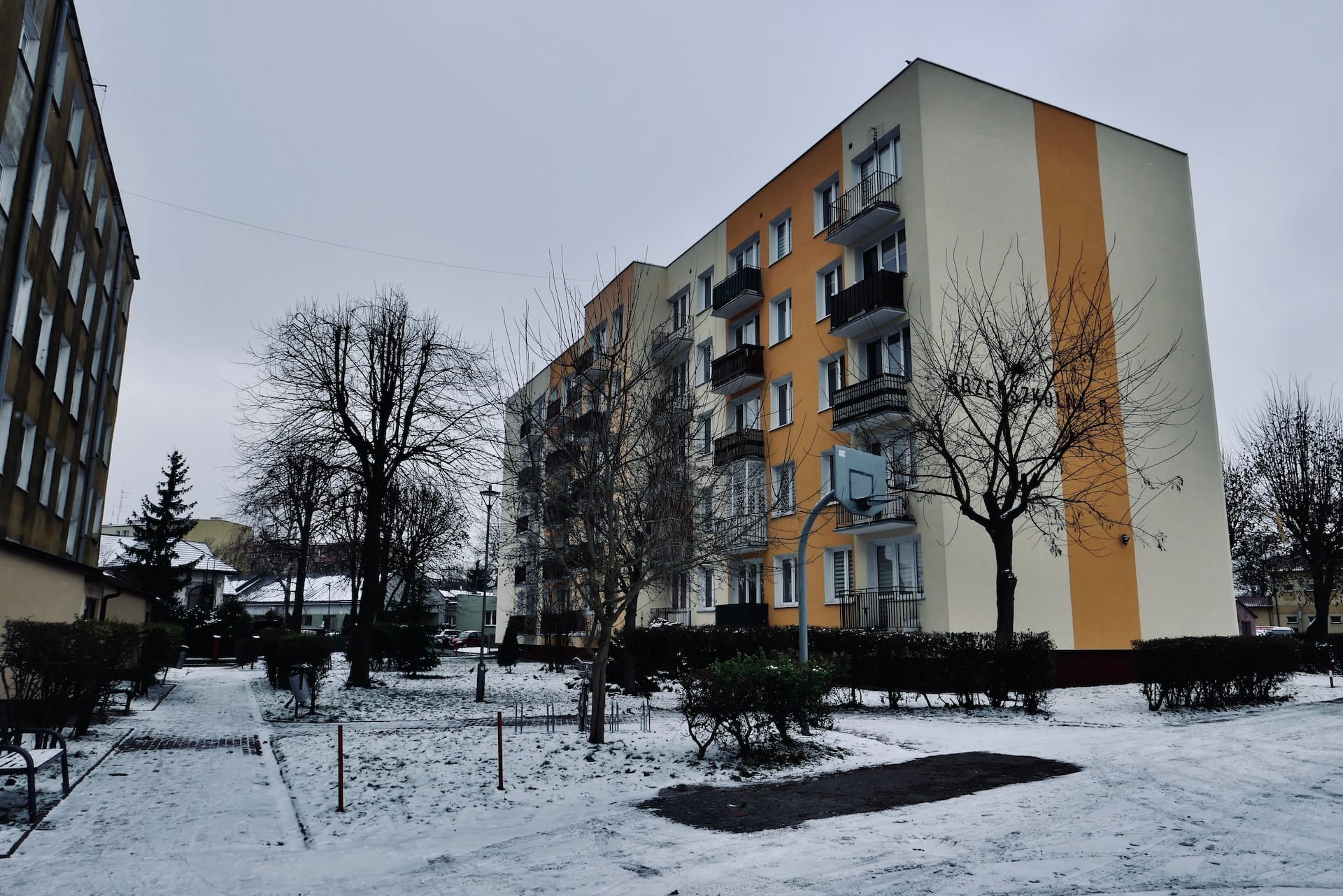
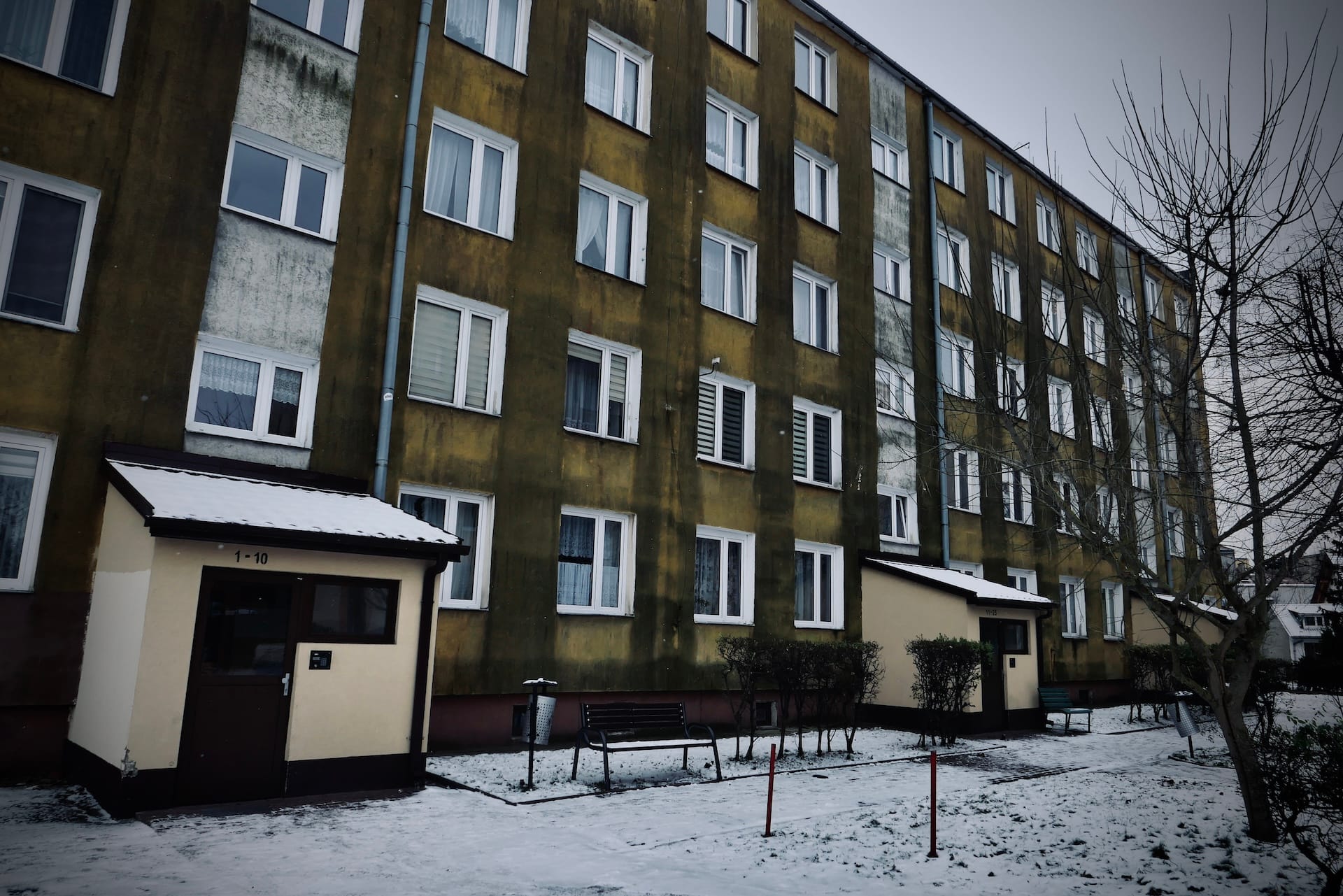
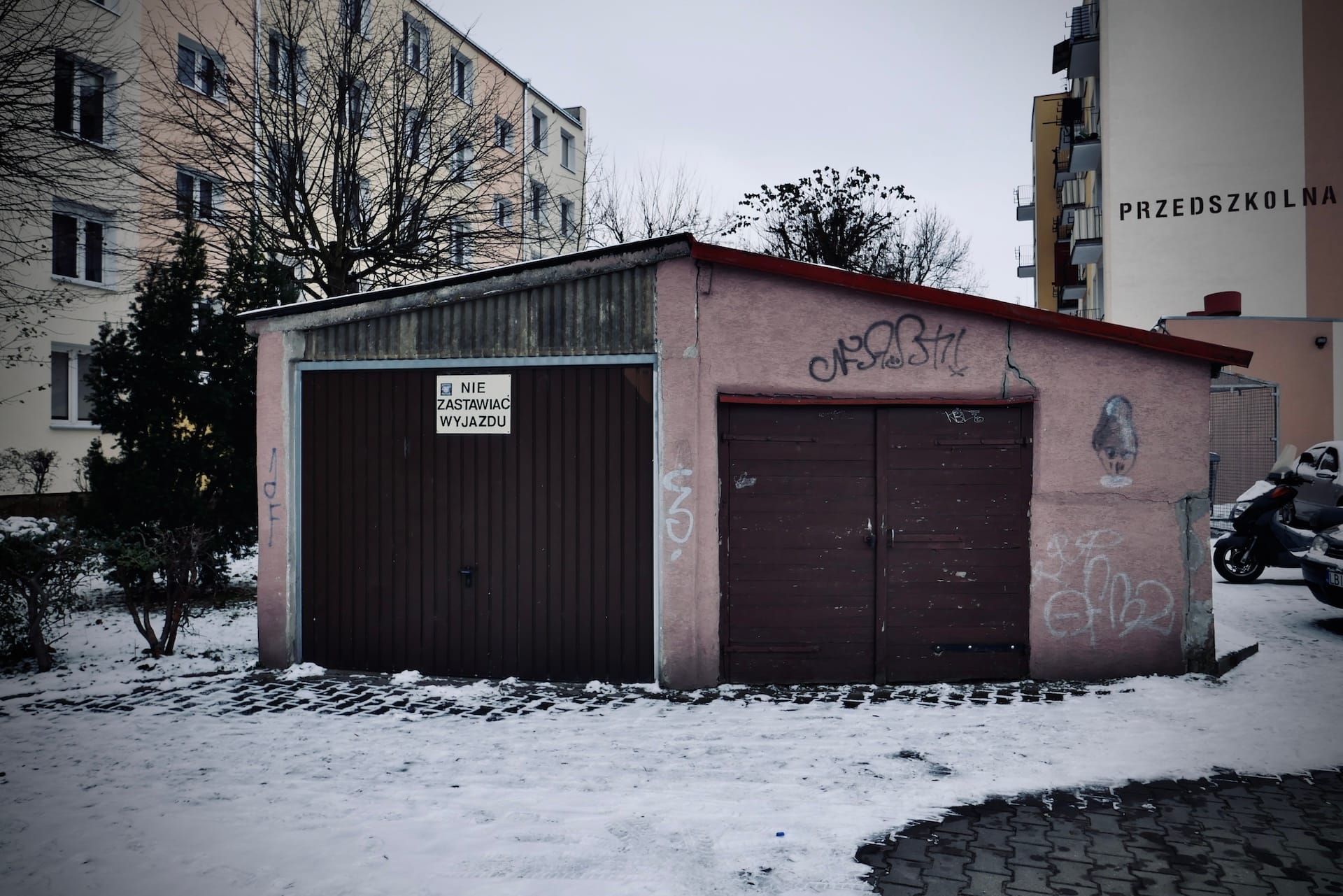
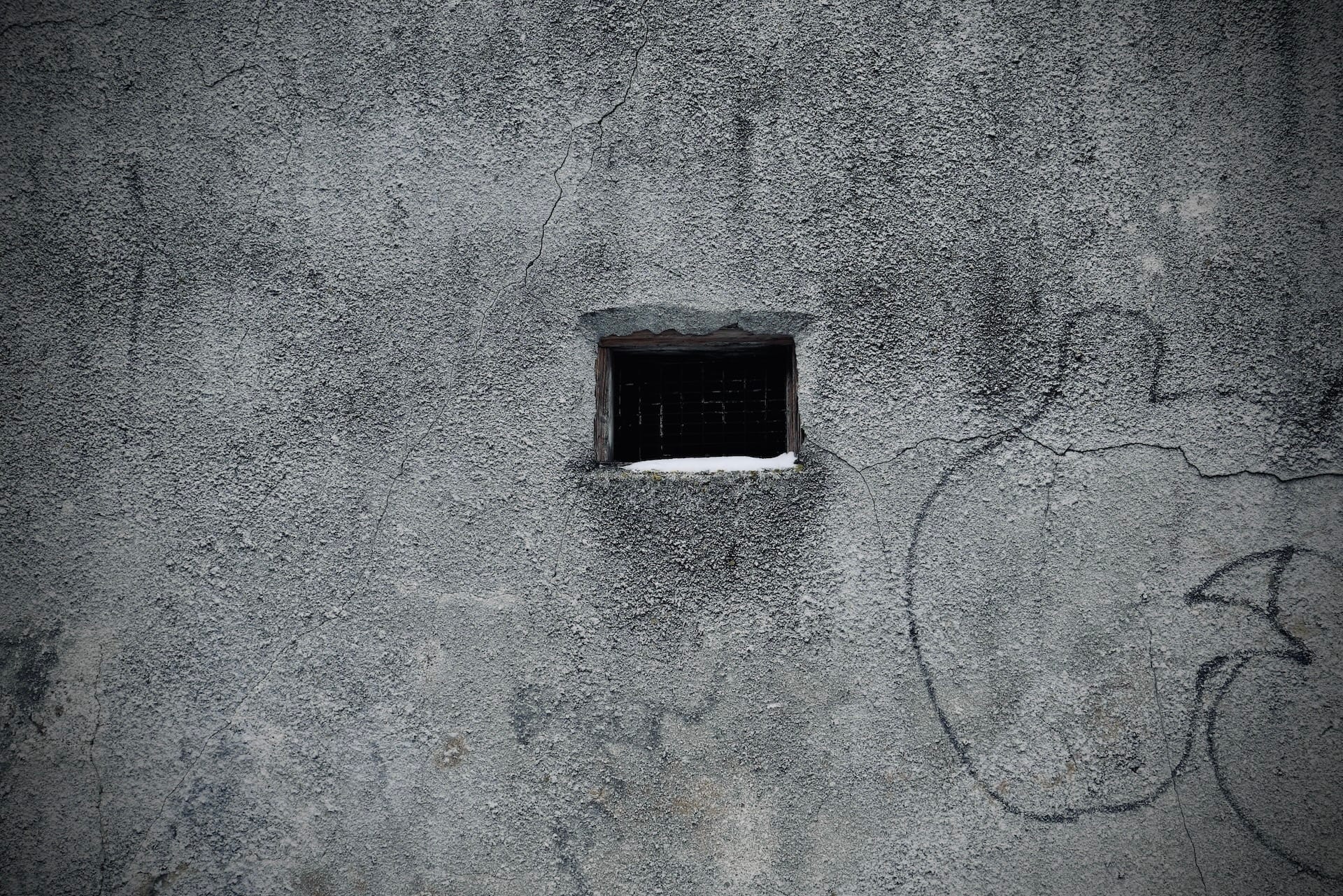
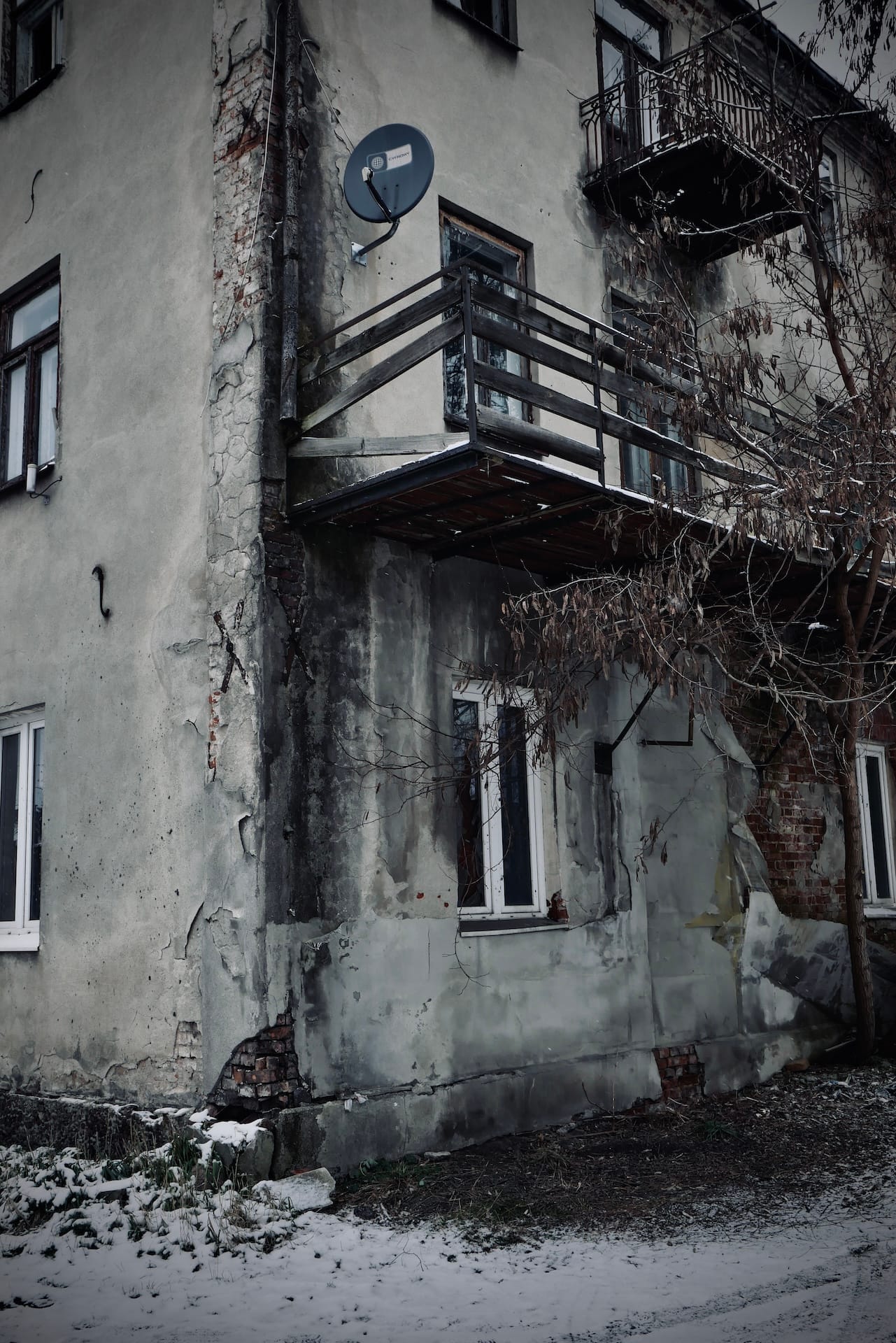
The book provides a very detailed account of the actions of the Reserve Police Battalion 101, a unit of "ordinary men" who were responsible for carrying out some of the most brutal atrocities of the Holocaust.
Despite the horrific nature of the events described, the book is not however, entirely without hope or purpose. Through his analysis of the actions of the unit, the author gives an insight into the complex interplay of social and psychological factors that can lead ordinary people to commit acts of extraordinary evil.
For me, then, his book is a powerful reminder of the importance of understanding the forces that drive human behaviour, and of the need to remain vigilant against the dangers of prejudice and hate.
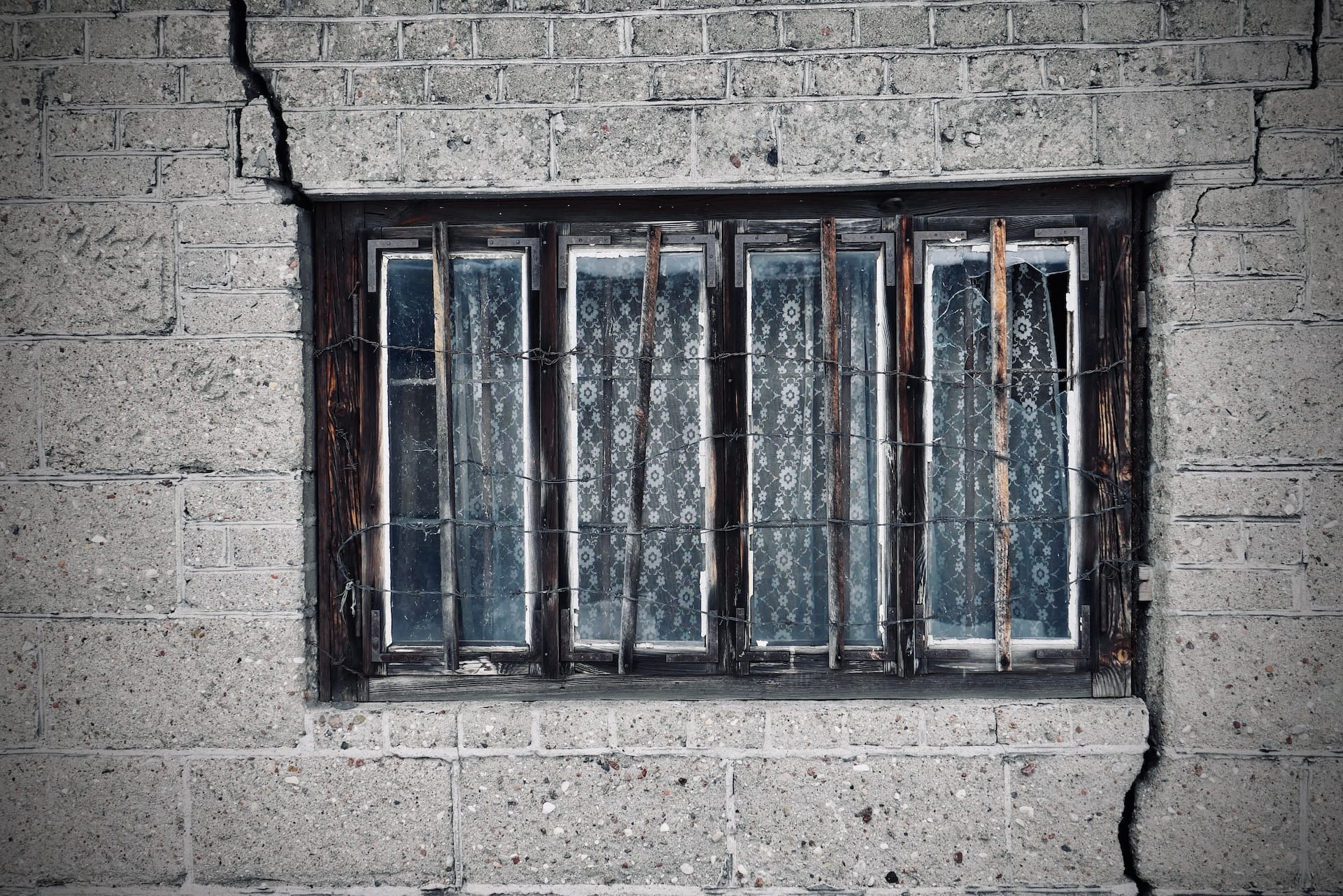
Let's delve a bit deeper into the context of the book.
In it, Browning argues that the members of Reserve Police Battalion 101 were not mere ideological Nazis, but rather "ordinary men" who were coerced into participating in the Holocaust.
He uses testimonies from the unit's members to demonstrate how they gradually became desensitised to the violence and brutality of their actions. The book also looks at the role of peer pressure and conformity in shaping the behaviour of the unit's members.
One of it's key themes is the concept of "cumulative radicalisation", by which I think he is arguing that the members of Reserve Police Battalion 101 did not start out as willing executioners, but rather became more radicalised over time as they were exposed to increasingly violent and dehumanising actions.
But what has all this got to do with my trip to Międzyrzec? Well, it's a context thing. Exploring sites of historic value is much more rewarding with a belly of knowledge, don't you think? At Międzyrzec, Reserve Police Battalion 101 were instrumental in the rounding up and deportation of 11,000 Jews held there in the ghetto.
But how did they get to this point? Let's wind the clock back a bit. Humour me.
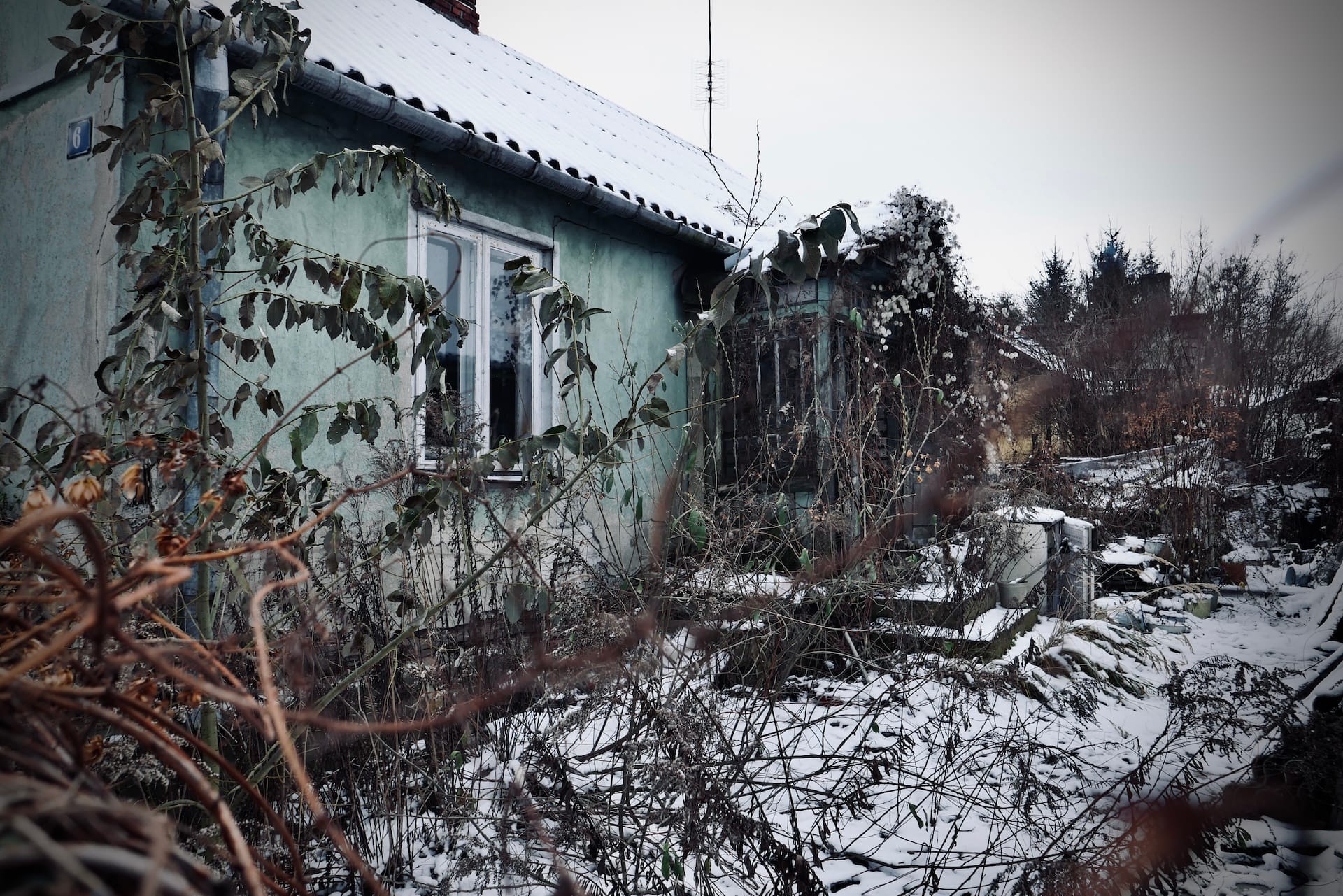
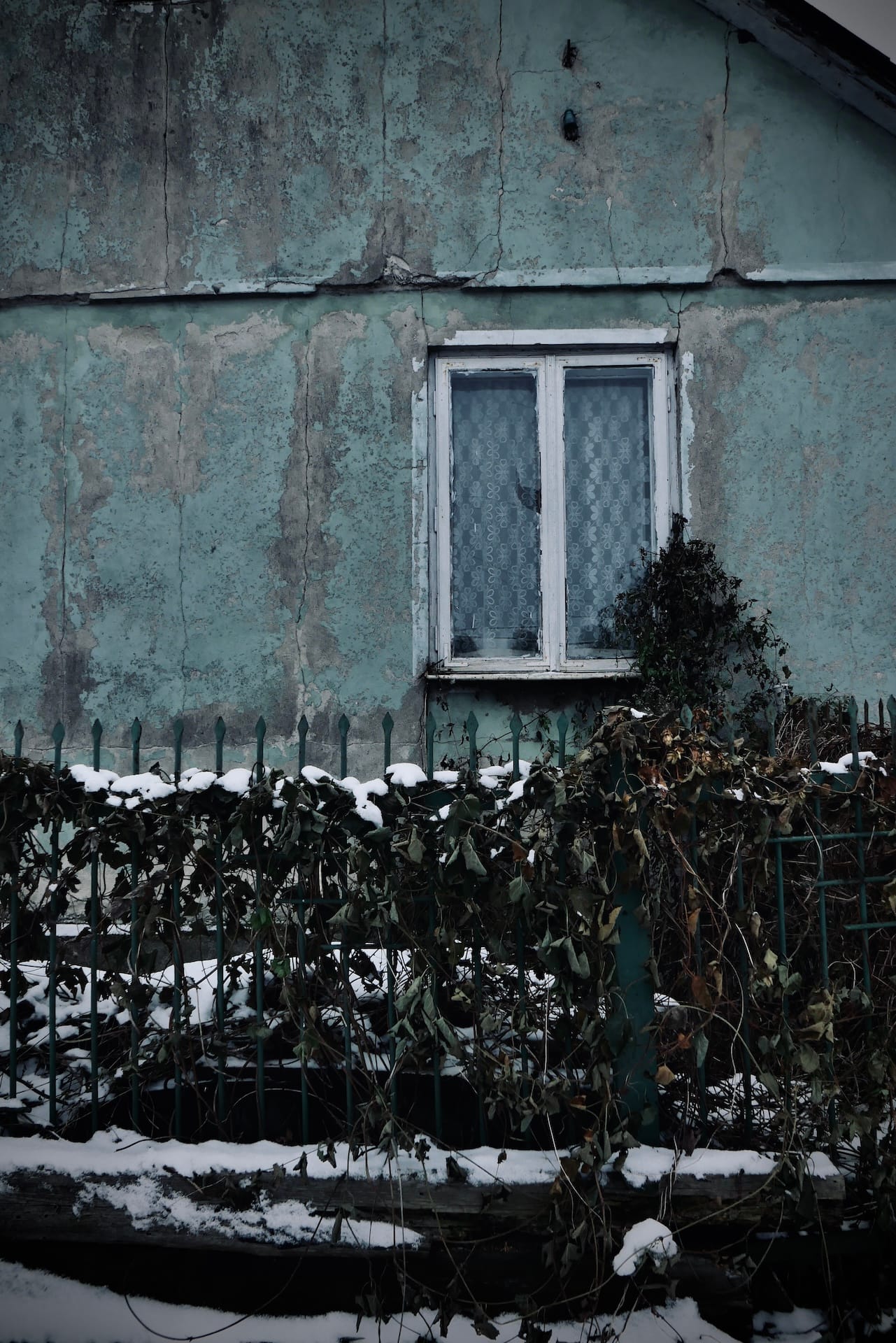
To understand the events leading up to the Holocaust in the first instance, it's probably a good idea to examine the political climate in Germany during the pre-war years. The so-called Weimar Republic, established after World War I, was a period of political instability, economic hardship, and social unrest. The Treaty of Versailles, which ended the war, imposed harsh penalties on Germany, including the loss of territory and the payment of reparations. The German people felt humiliated and betrayed by their government, which they blamed for the country's defeat.
In this context, extremist political groups emerged, promising to restore Germany's power and prestige. The Nazi Party, led by a certain Adolf Hitler, gained support by appealing to nationalist sentiments and blaming Germany's problems on Jews and other minority groups. Hitler became Chancellor in 1933, and his regime quickly established a dictatorship, suppressing opposition and implementing policies that discriminated against Jews and other minorities.
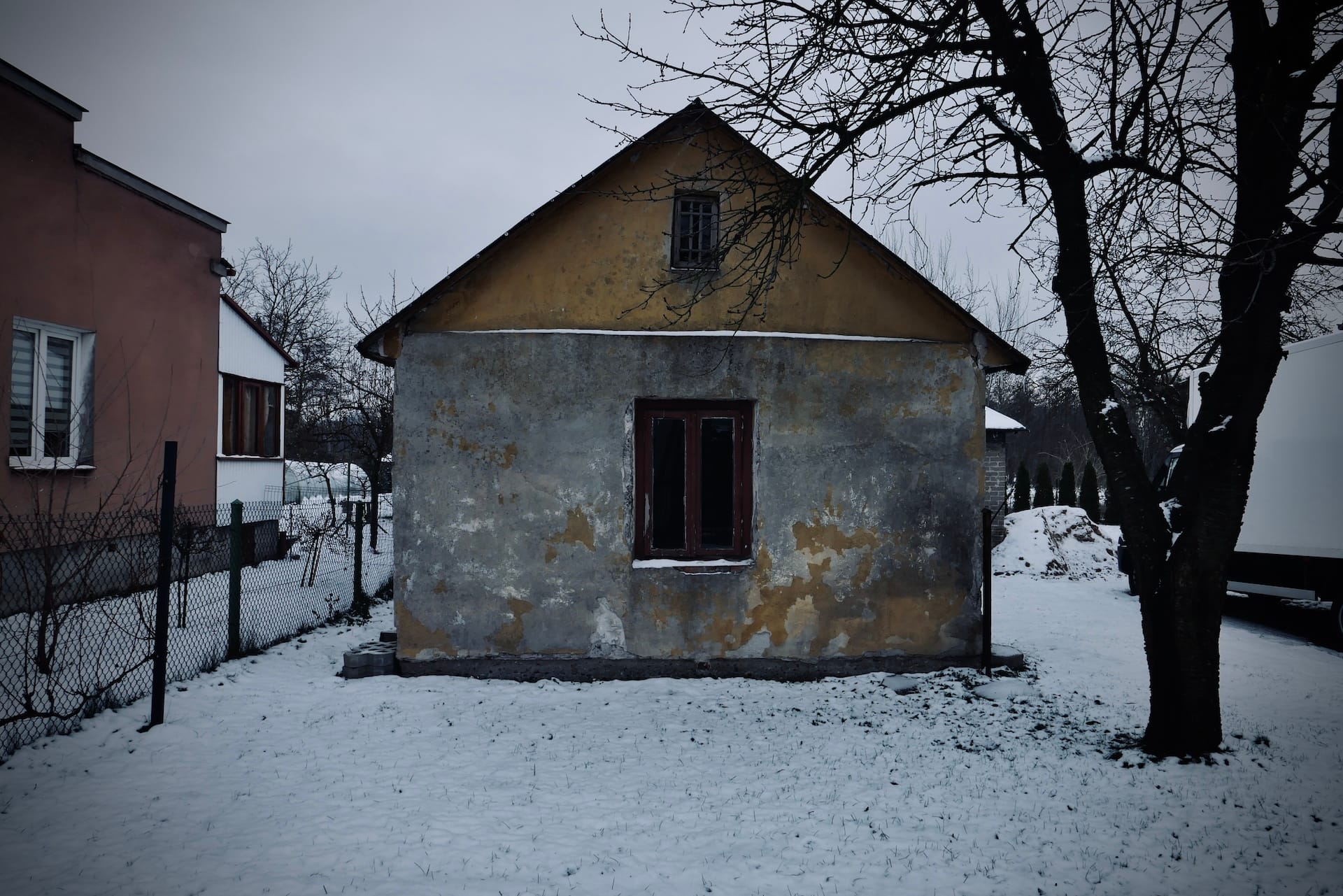
The Holocaust ended up being the systematic extermination of over six million Jews by Nazi Germany during World War II.
It was carried out in stages, beginning with the persecution and segregation of Jews in Germany and other occupied territories. As you know, Jews were forced to wear identifying badges, their property was confiscated, and they were subjected to violence and intimidation.
In 1941, the Nazis began the mass murder of Jews in Eastern Europe, using mobile killing squads known as Einsatzgruppen. These units, made up of "ordinary men", were responsible for the murder of over a million Jews, as well as Gypsies, disabled people, and others deemed "undesirable" by the Nazis.
The Einsatzgruppen were a precursor to the death camps, which were established in 1942. These camps, including Belzec, Treblinka, and Sobibor, were designed for the industrial-scale murder of Jews. The victims were transported to the camps in cattle cars, where they were gassed upon arrival.
It was these death camps, and the techniques perfected there that ultimately contributed to the use of Auschwitz- Birkenau as the "factory of death" that is now so synonymous with the Holocaust.
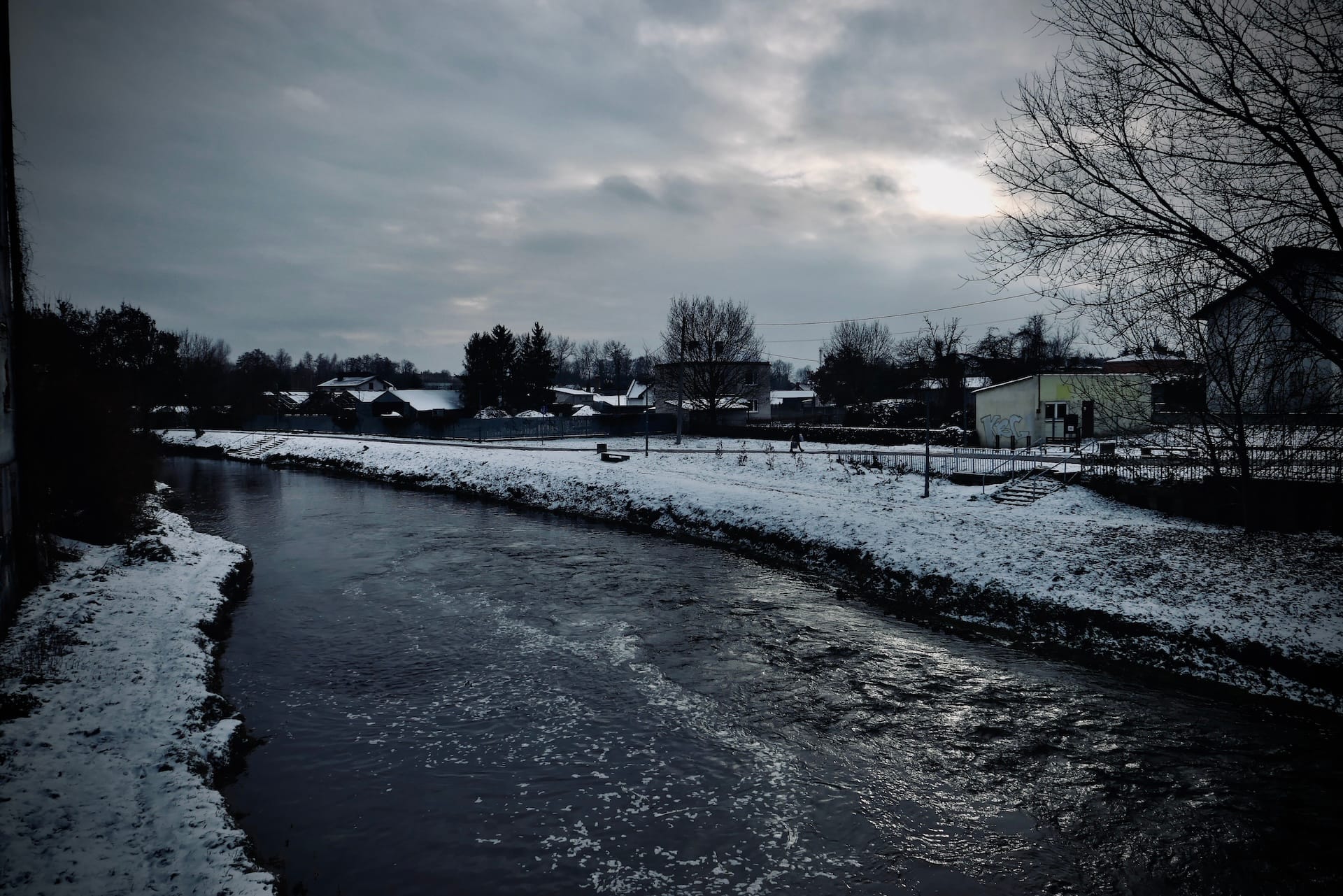
But who are these ordinary men we speak of?
Well, in the cases of Police Battalion 101, they were predominantly middle-aged, working-class family men. Browning (correctly, I think) argues that these men were not ideologically committed Nazis, but rather were motivated by a sense of duty, peer pressure, and a desire to avoid individual punishment.
The book challenges the idea that the Holocaust was carried out by a small group of fanatical Nazis, and instead suggests that ordinary people can be complicit in mass murder.
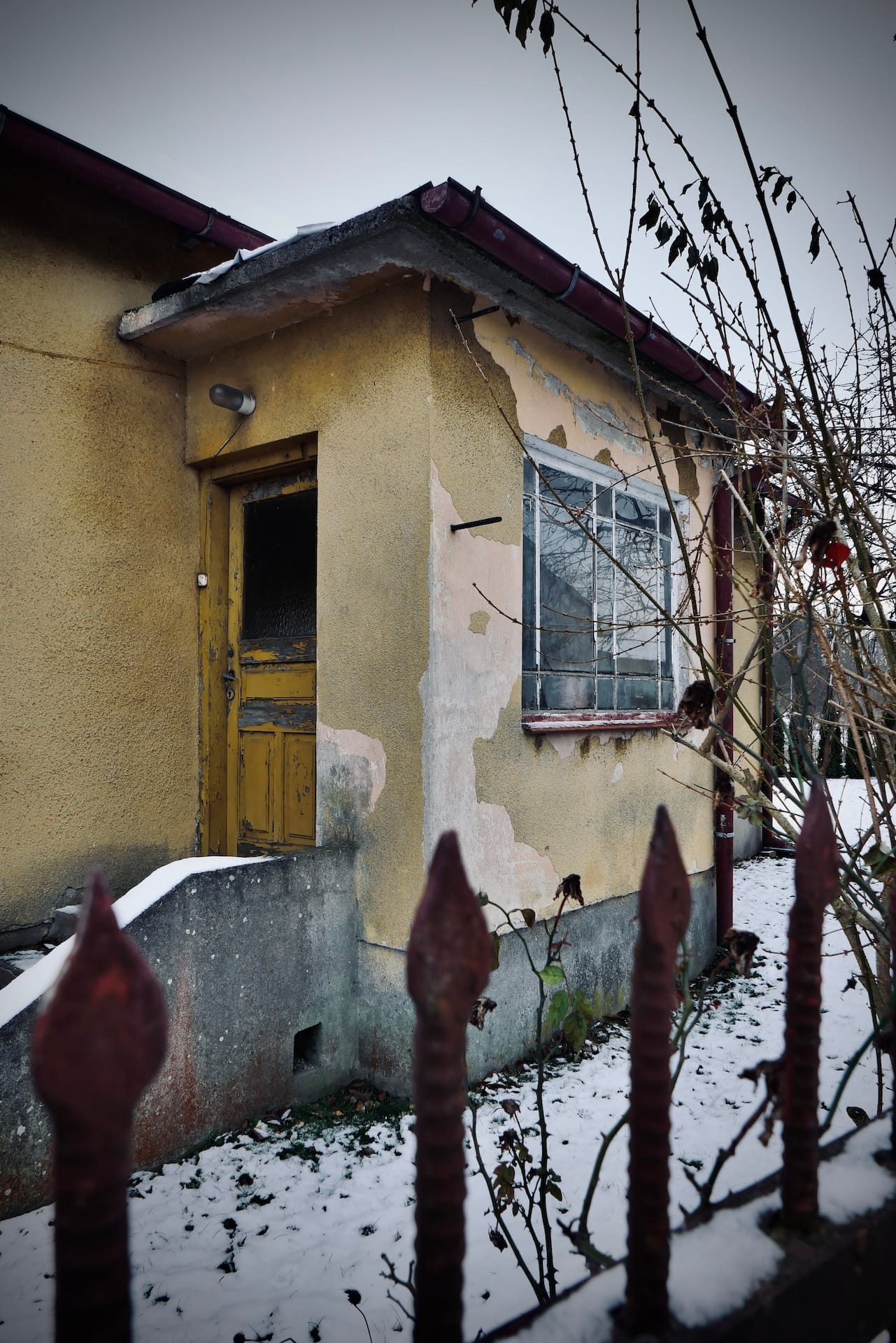
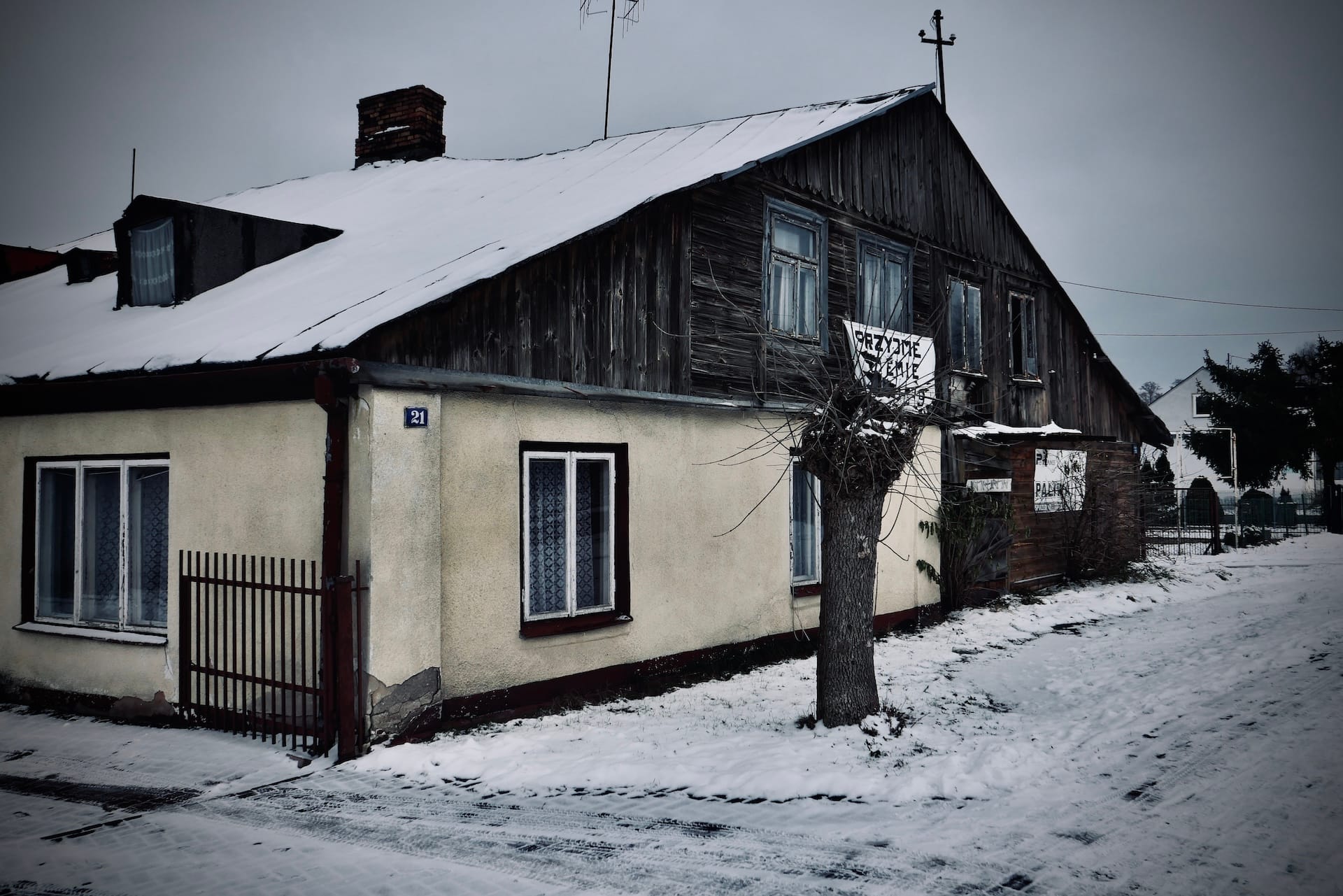
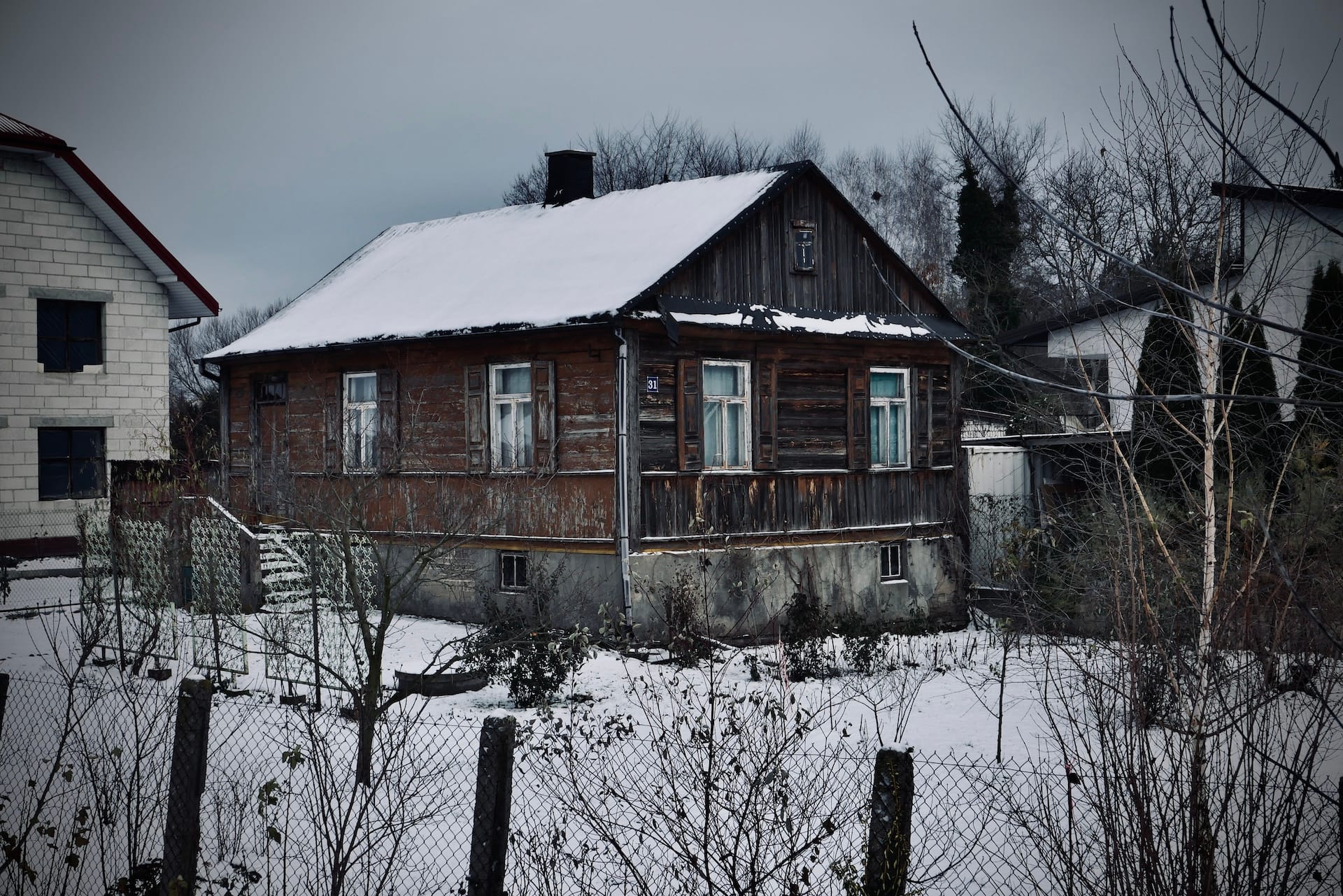
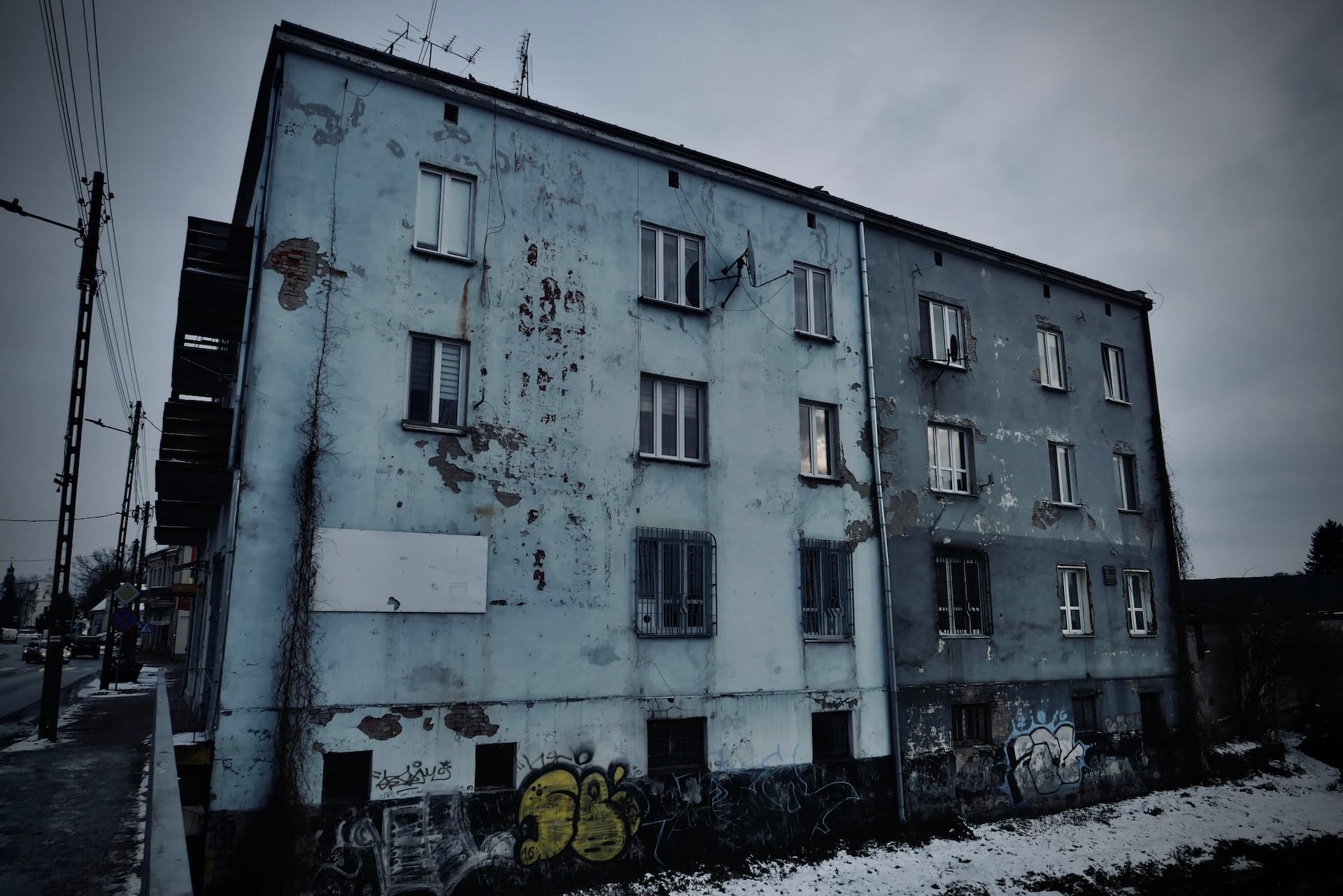
One of the key themes of the book is it's exploration of how ordinary individuals can commit horrific acts of violence.
Browning argues that the men of Reserve Police Battalion 101, who were responsible for the murder of tens of thousands of Jews during the Holocaust, were not inherently evil or sadistic.
Rather, they were ordinary men who were put into a situation where they were forced to make difficult moral choices.
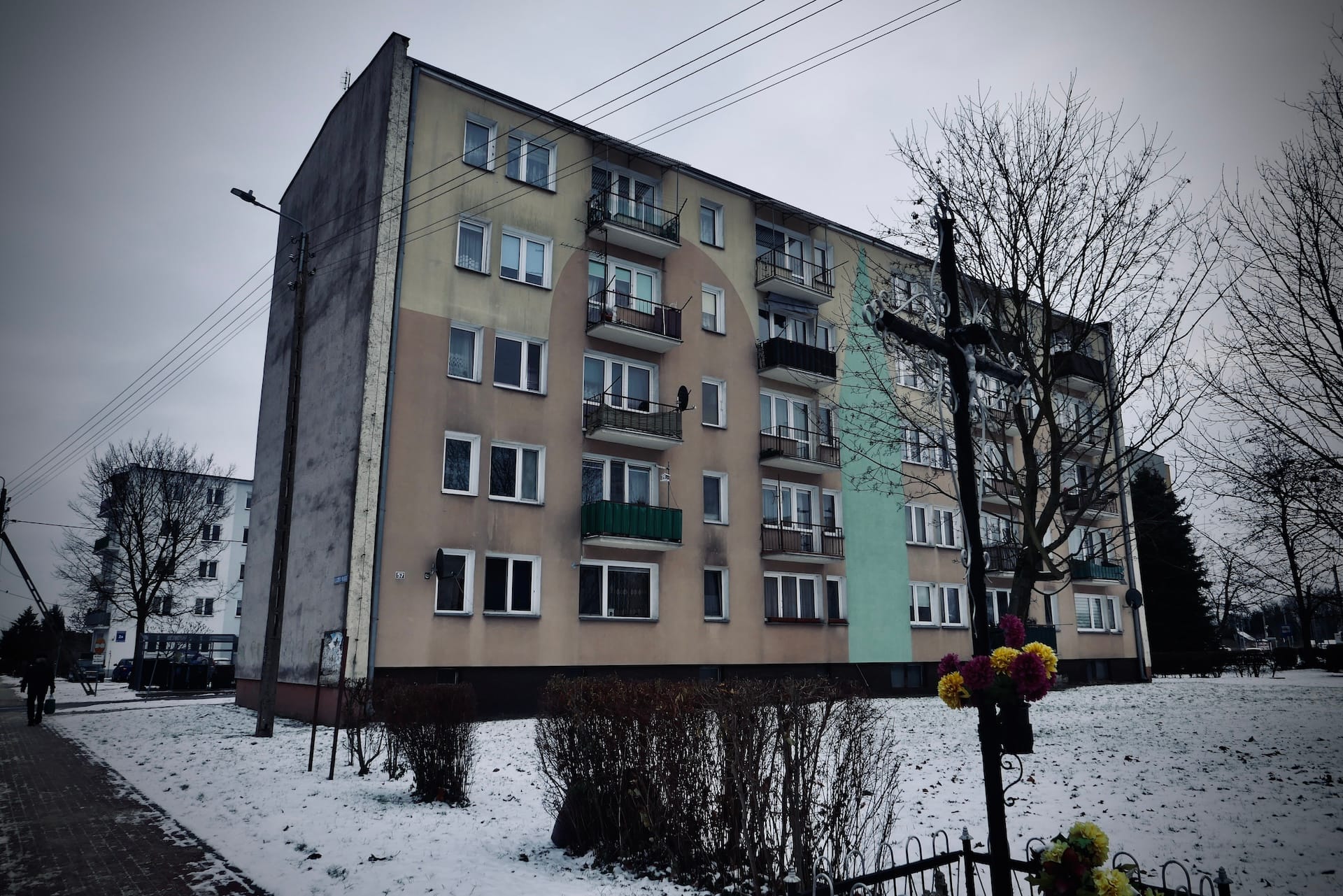
He further suggests that the men of Reserve Police Battalion 101 were able to carry out their orders because they were able to distance themselves emotionally from their victims.
They saw the Jews as "others" who were not deserving of empathy or compassion. Additionally, the men were able to justify their actions by telling themselves that they were simply following orders and doing their duty.
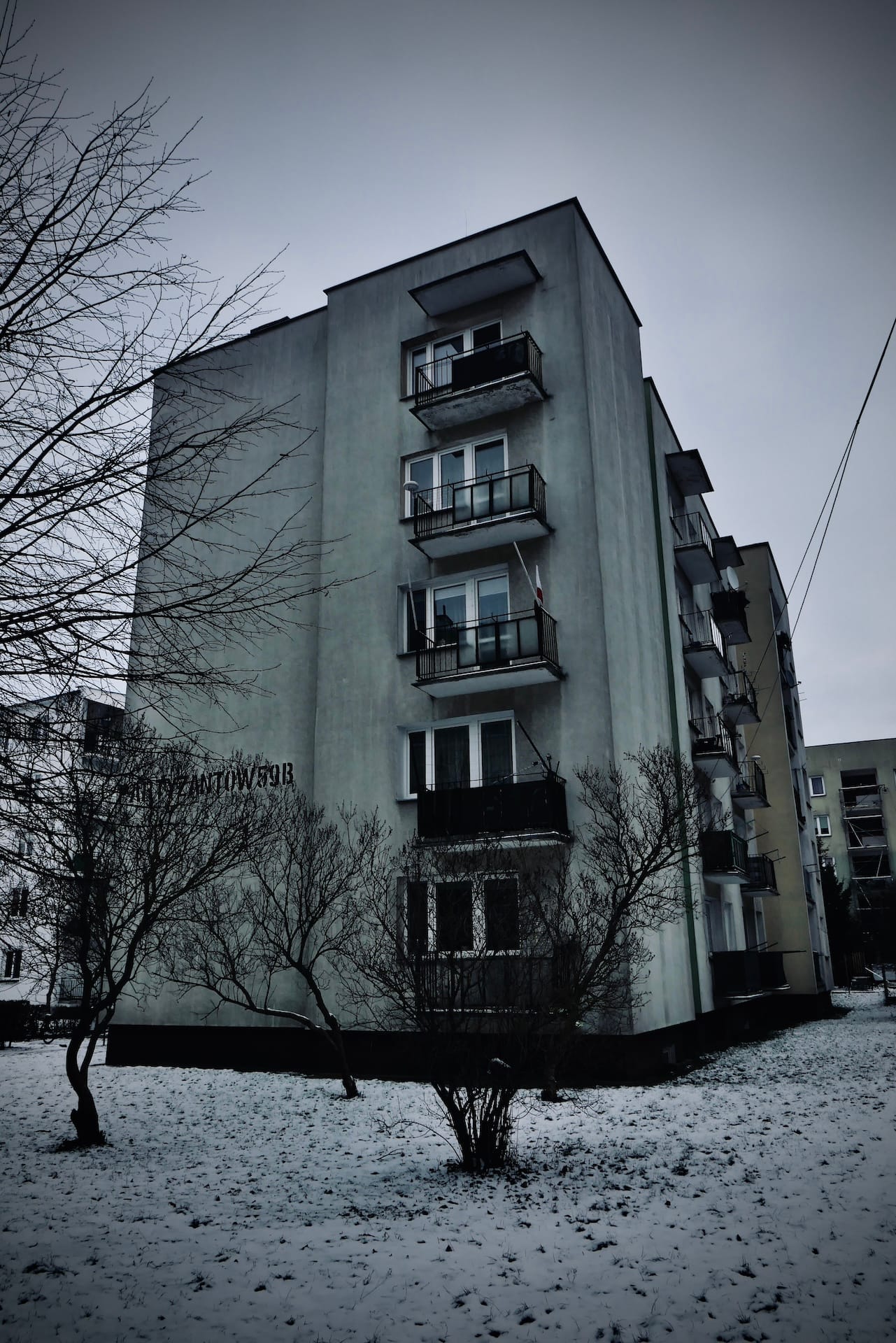
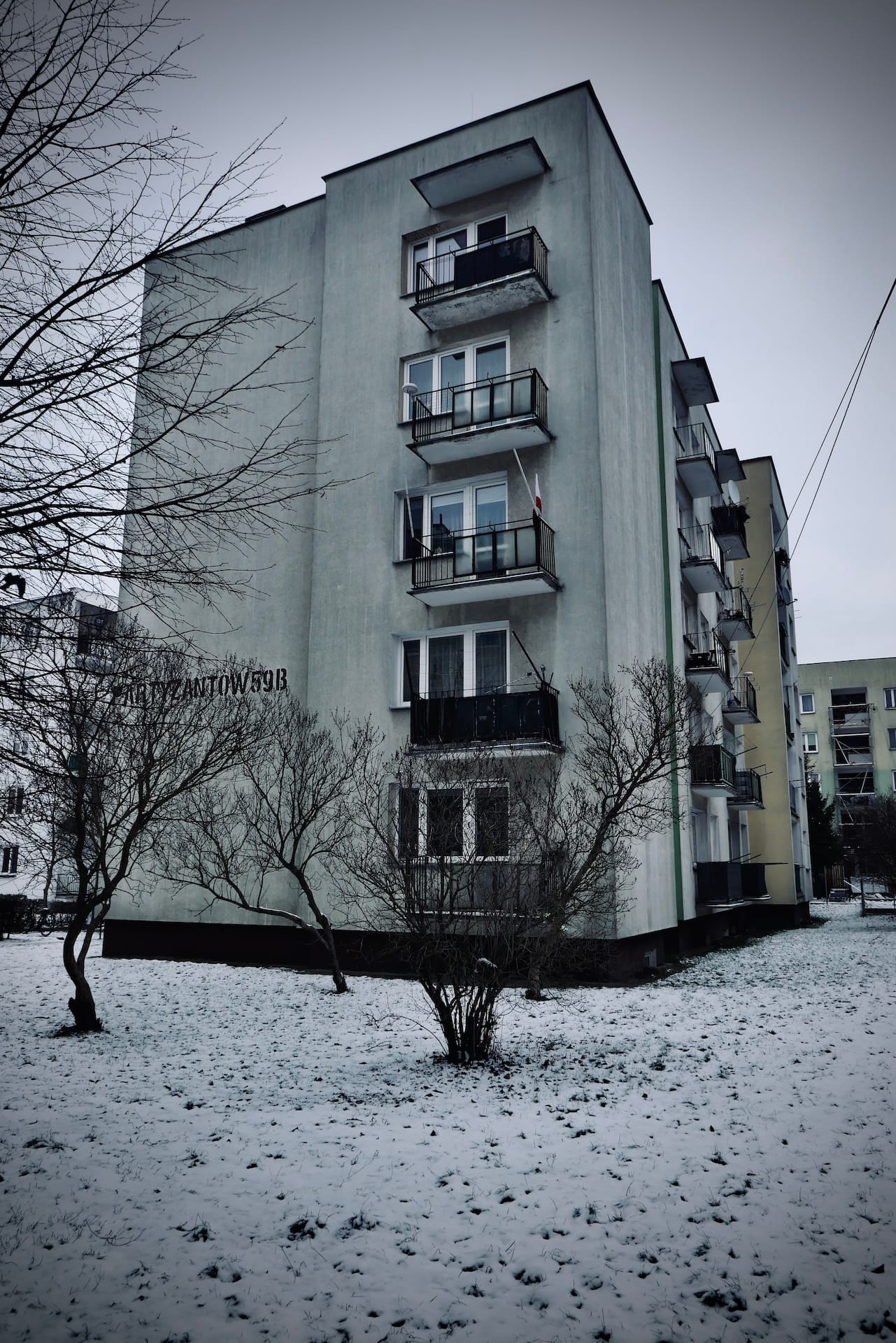
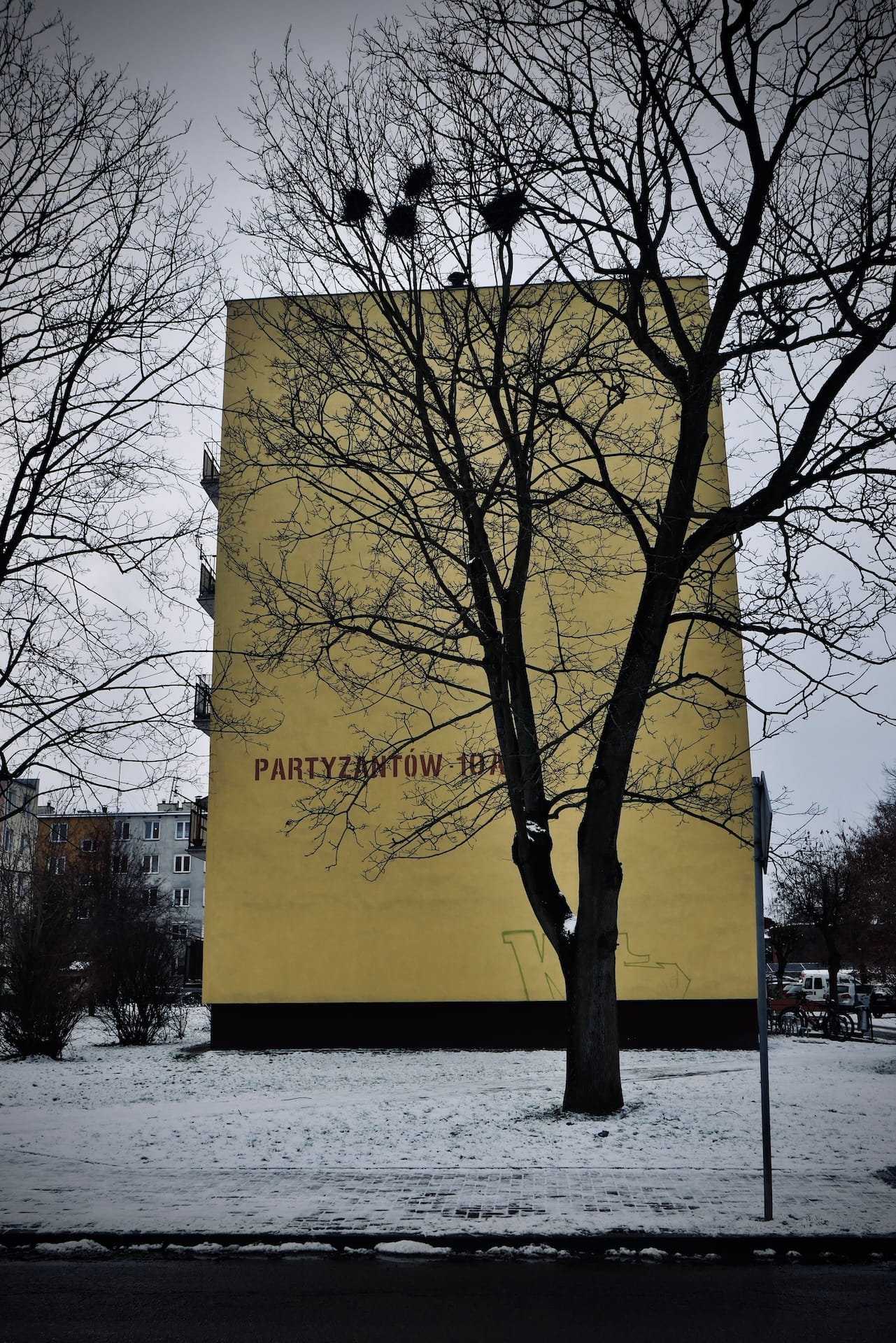
Another key theme of "Ordinary Men" is the role of bureaucracy in enabling and perpetuating evil. Browning argues that the men of Battalion 101 were able to consistently carry out their orders because they were part of a bureaucratic system that made it easy for them to distance themselves from the consequences of their actions.
In simple terms, the men were given orders by their superiors and were expected to carry them out without question.
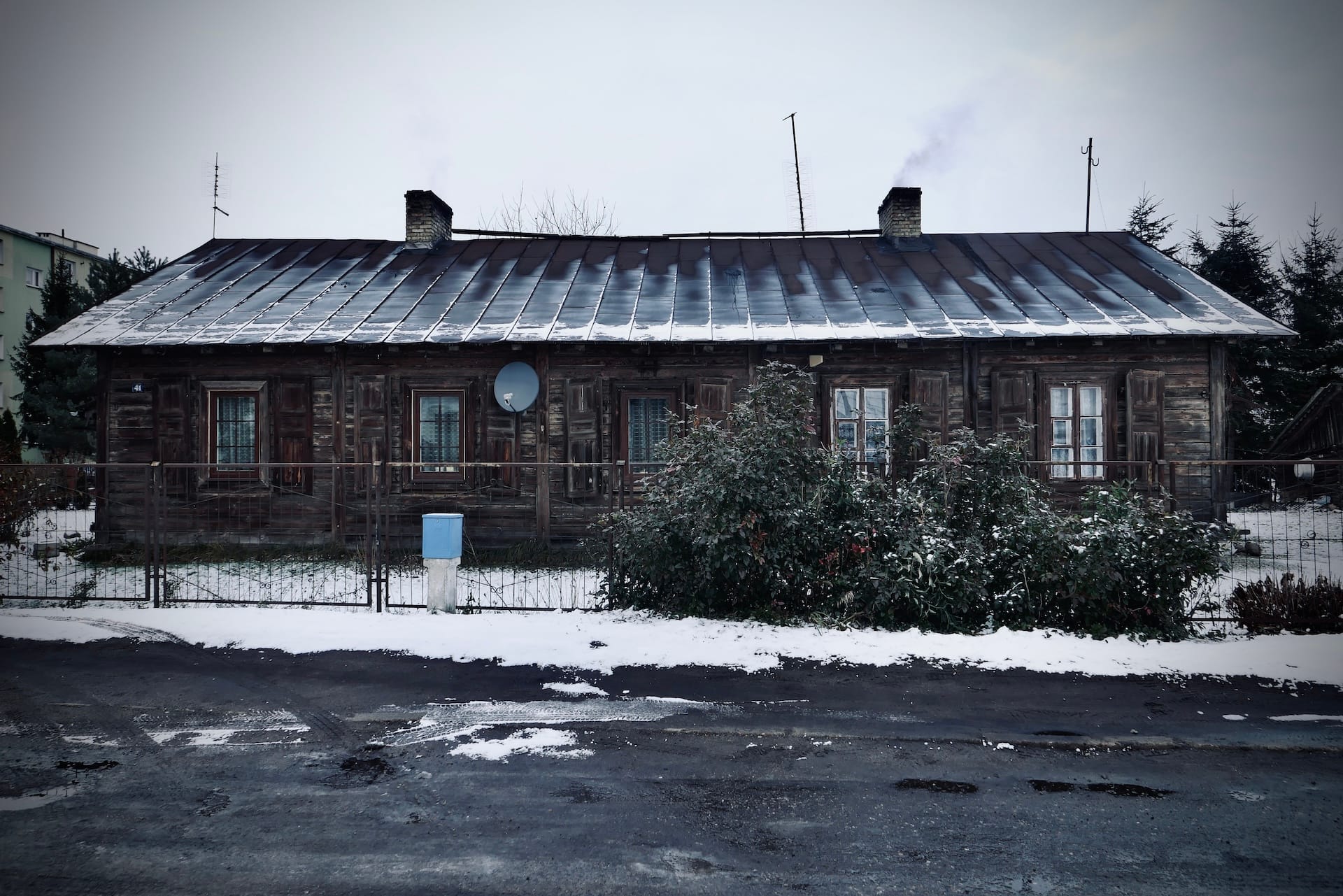
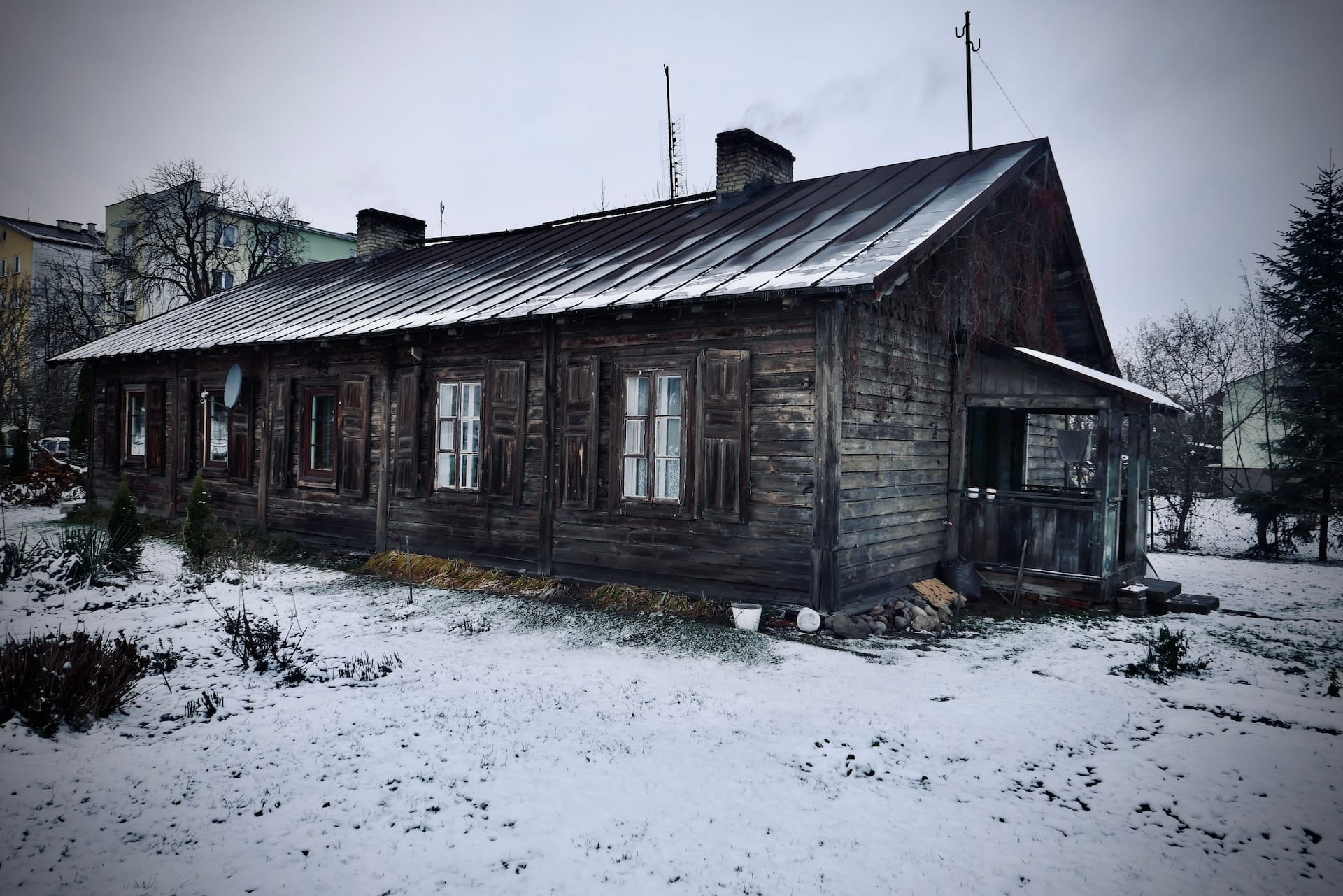
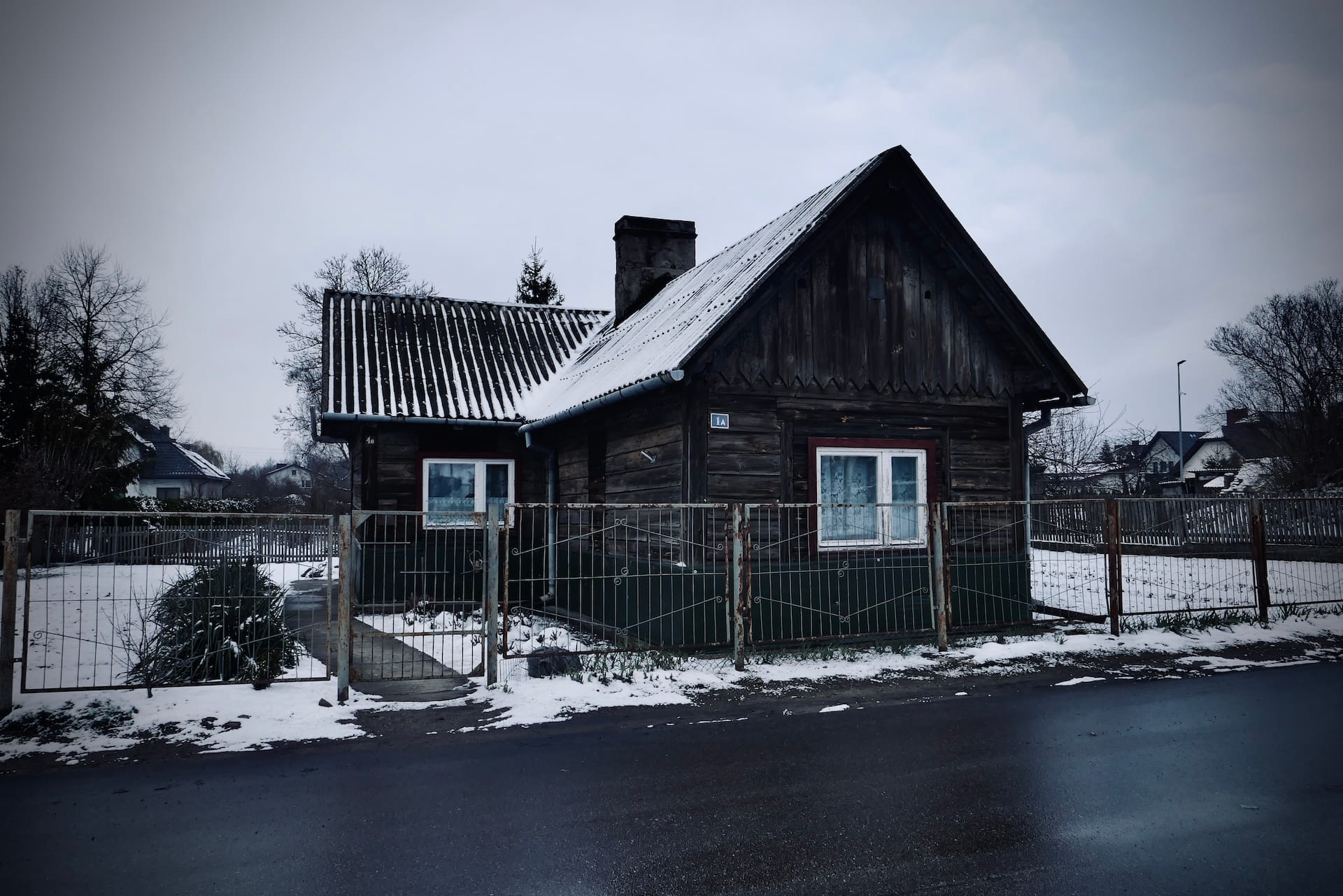
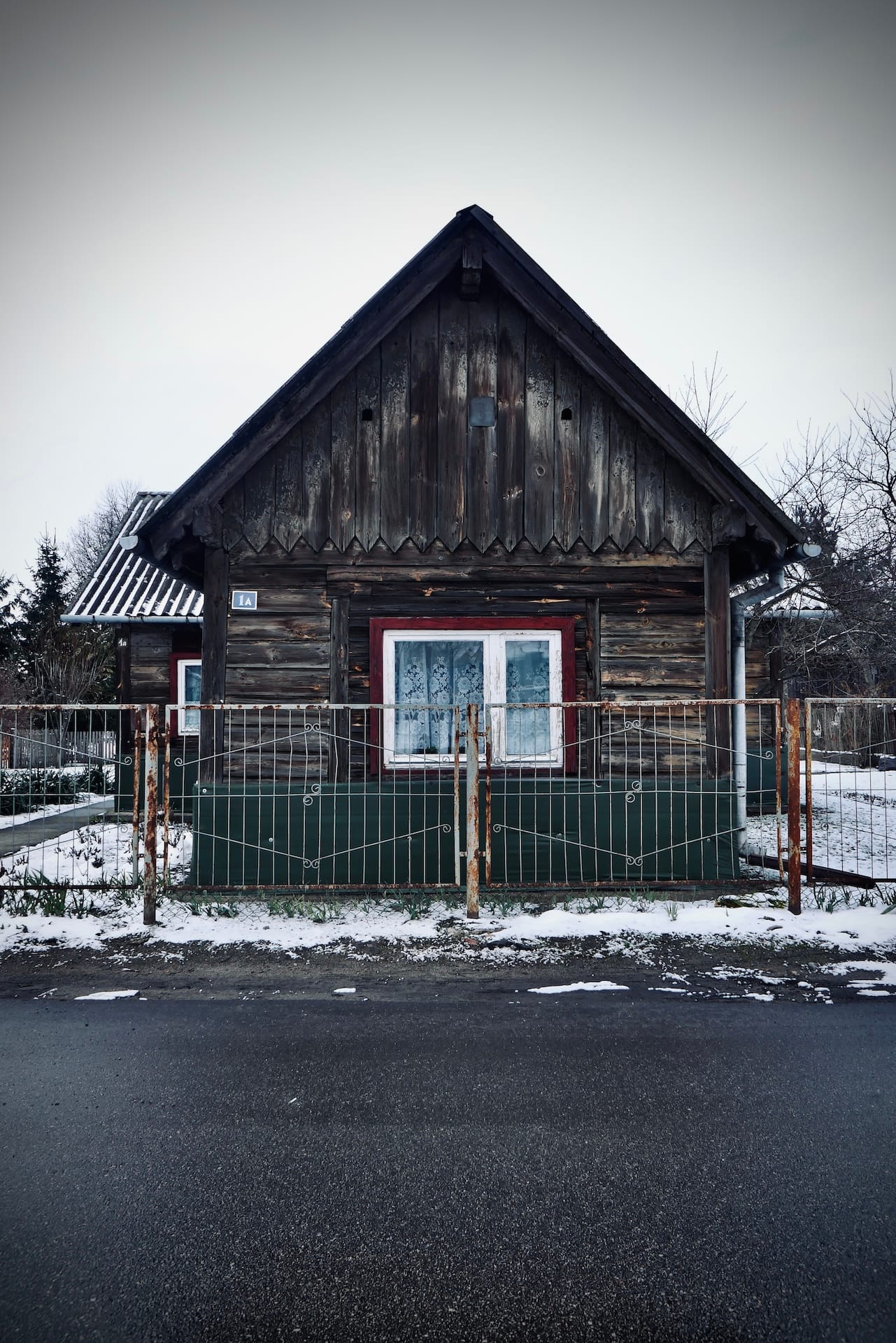
It's this bureaucratic structure that allowed the men to avoid taking responsibility for their actions. They were able to tell themselves that they were simply following orders and that the responsibility for the killings lay with their superiors.
However, the men of Reserve Police Battalion 101 were surely not just following orders, but were active participants in the Holocaust. They made choices and took actions that contributed to the murder of tens of thousands of innocent people, didn't they?
Answers on a postcard, please.

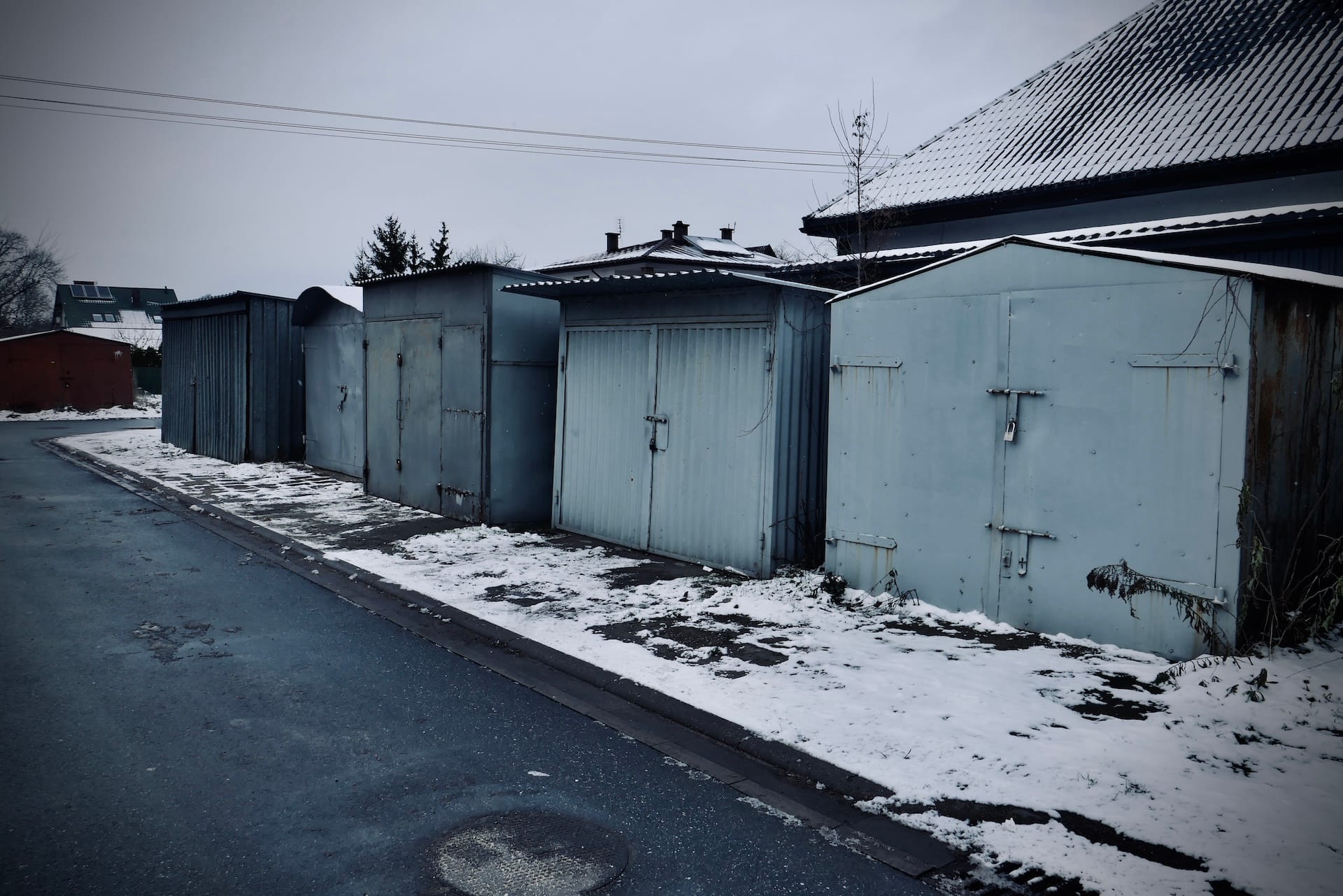
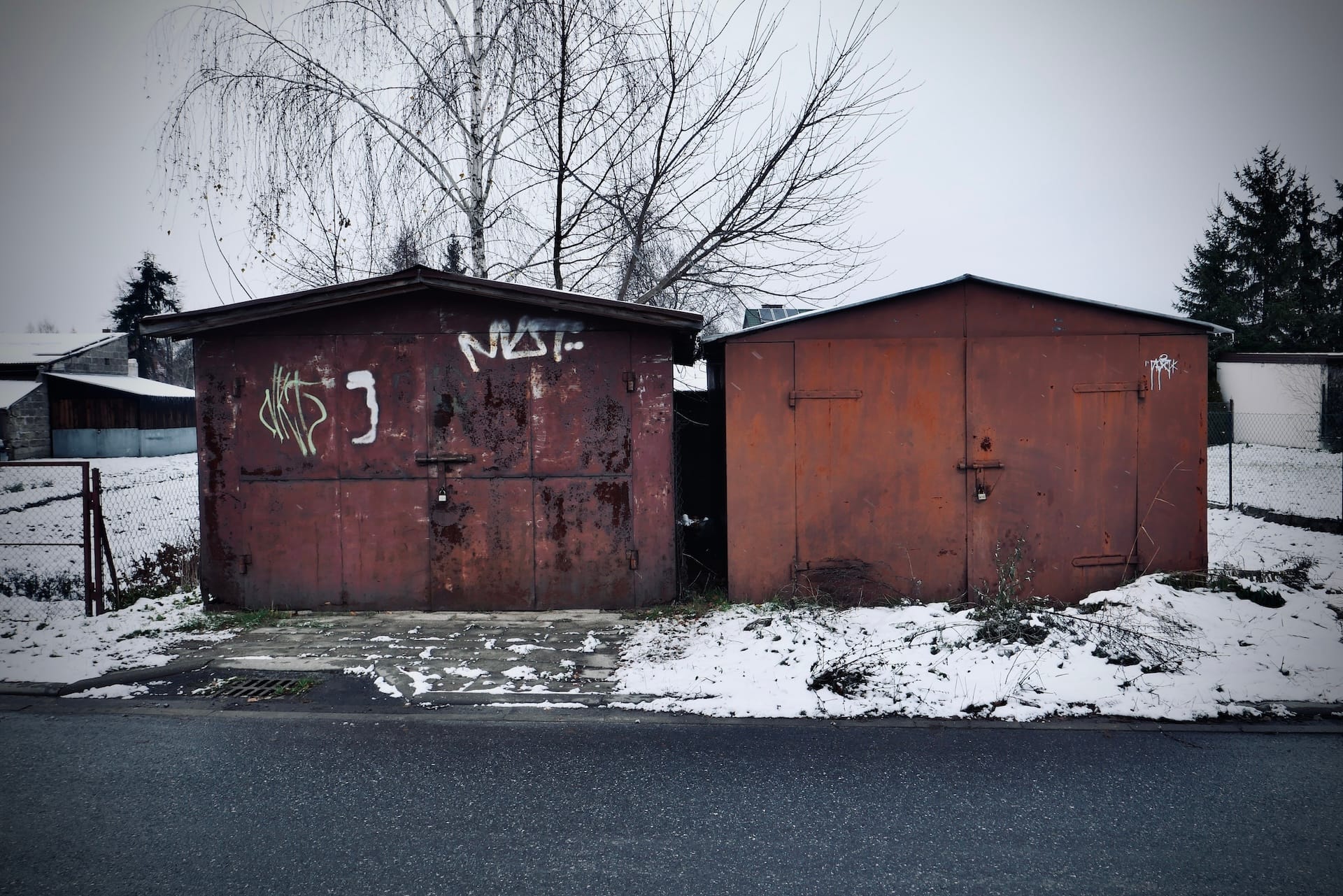
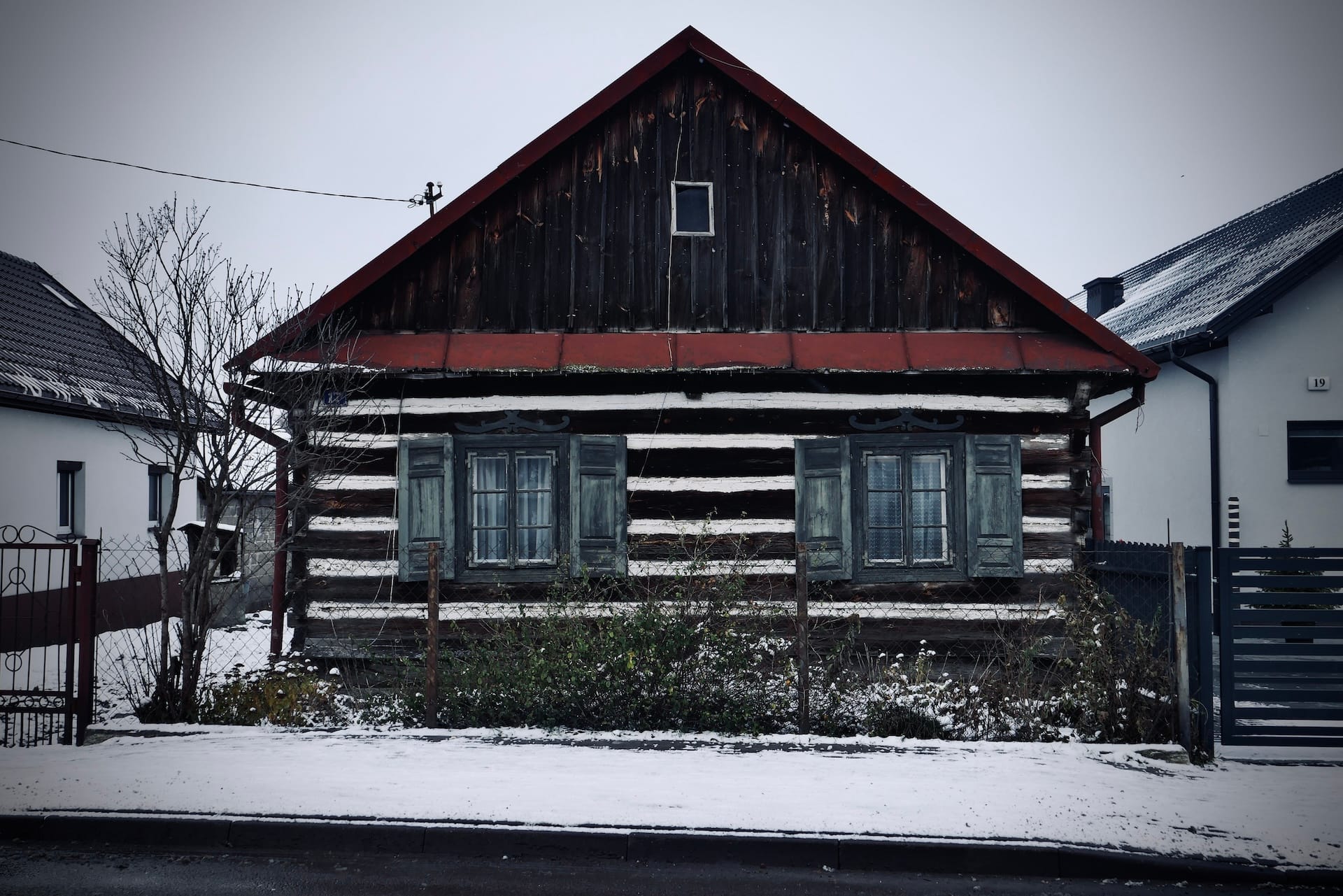
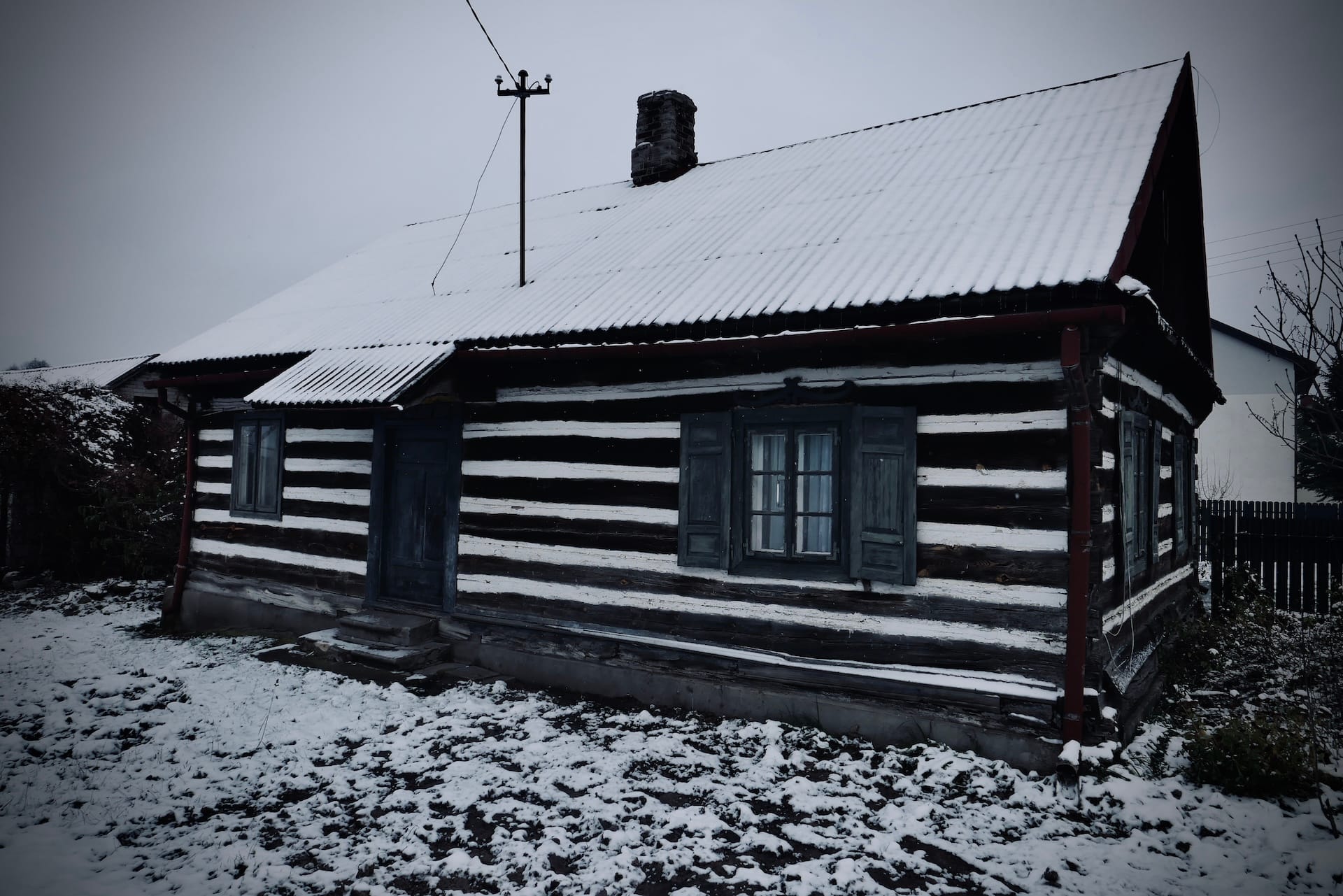
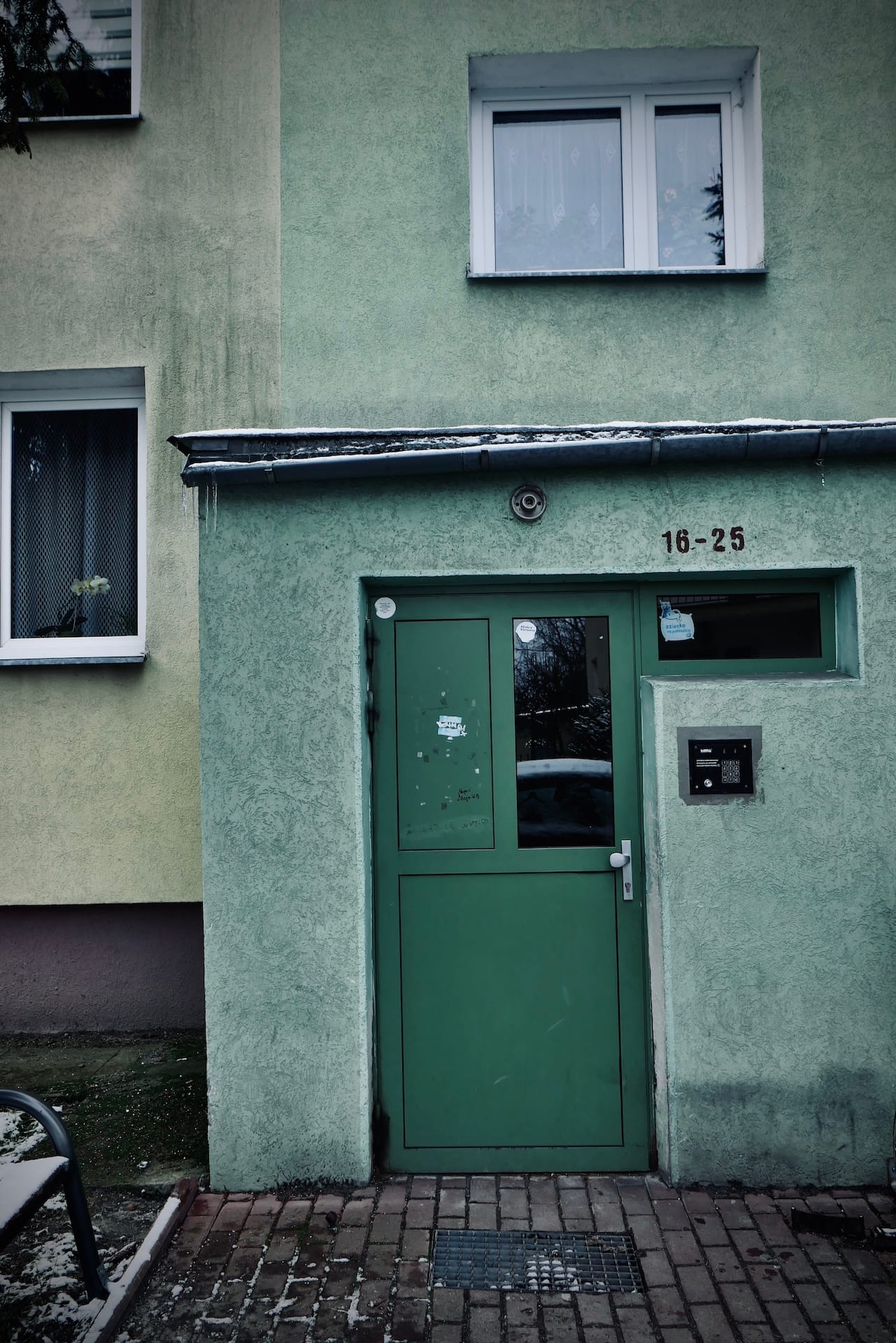
Back to the book.
Overall, Browning's book "Ordinary Men" provides a thought-provoking exploration of the capacity for evil that exists within ordinary individuals, as well as the role of bureaucracy in enabling and perpetuating evil.
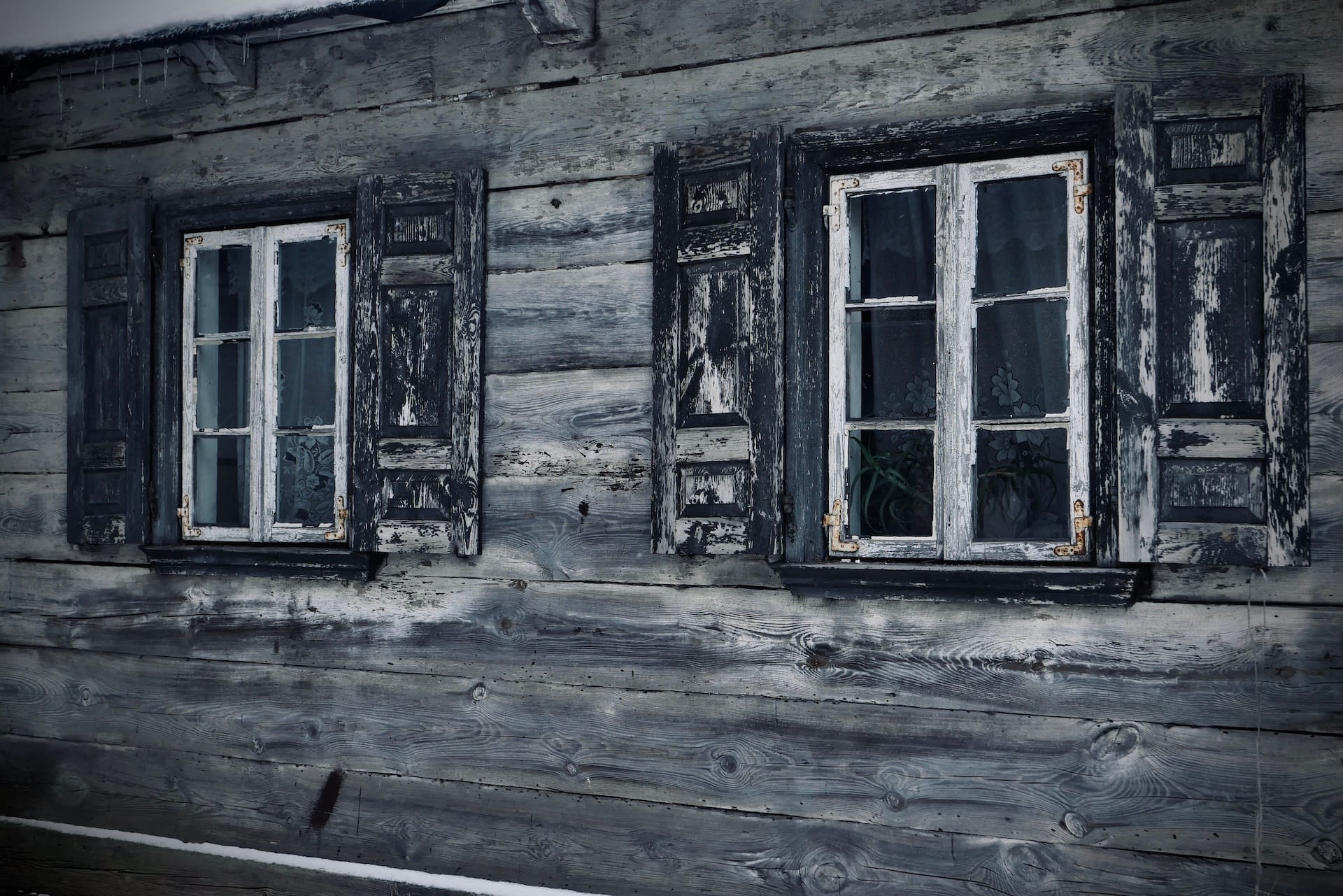
Moreover, the book has had a lasting impact on the field of Holocaust studies. It has sparked debates about the role of individual agency in the Holocaust and the nature of evil.
It has also clearly prompted scholars to re-examine the testimonies of perpetrators and to consider the psychological and social factors that led them to participate in genocide.
(Aside: Interestingly enough, the lawyer who developed the legal notion of genocide, Raphael Lemkin was from Lviv, which lay within the jurisdiction of Reserve Police Battalion 101. His story, and the story behind the holocaust and the notion of crimes against humanity is brilliantly written about in "East West Street" by Philippe Sands)

Oh yeah, my trip to Międzyrzec...
During my visit I followed a route that started out in the vicinity of the ghetto. Sadly, and not surprisingly, very few original buildings survive. But scratch below the surface (and sneak into people's back yards) and there are examples to be found.
My path took me past the site of the Ghetto Gate and into the town square. It was to this square that the victims of the deportations were brought and from where they were forced to walk the approximately 3km to the train station on the outskirts of the town.
One peculiar story from the time is that the whole liquidation was witnessed by one of the senior officers' wives, who watched the whole thing from a cafe on the main square. Not the kind of couple to invite round for dinner.
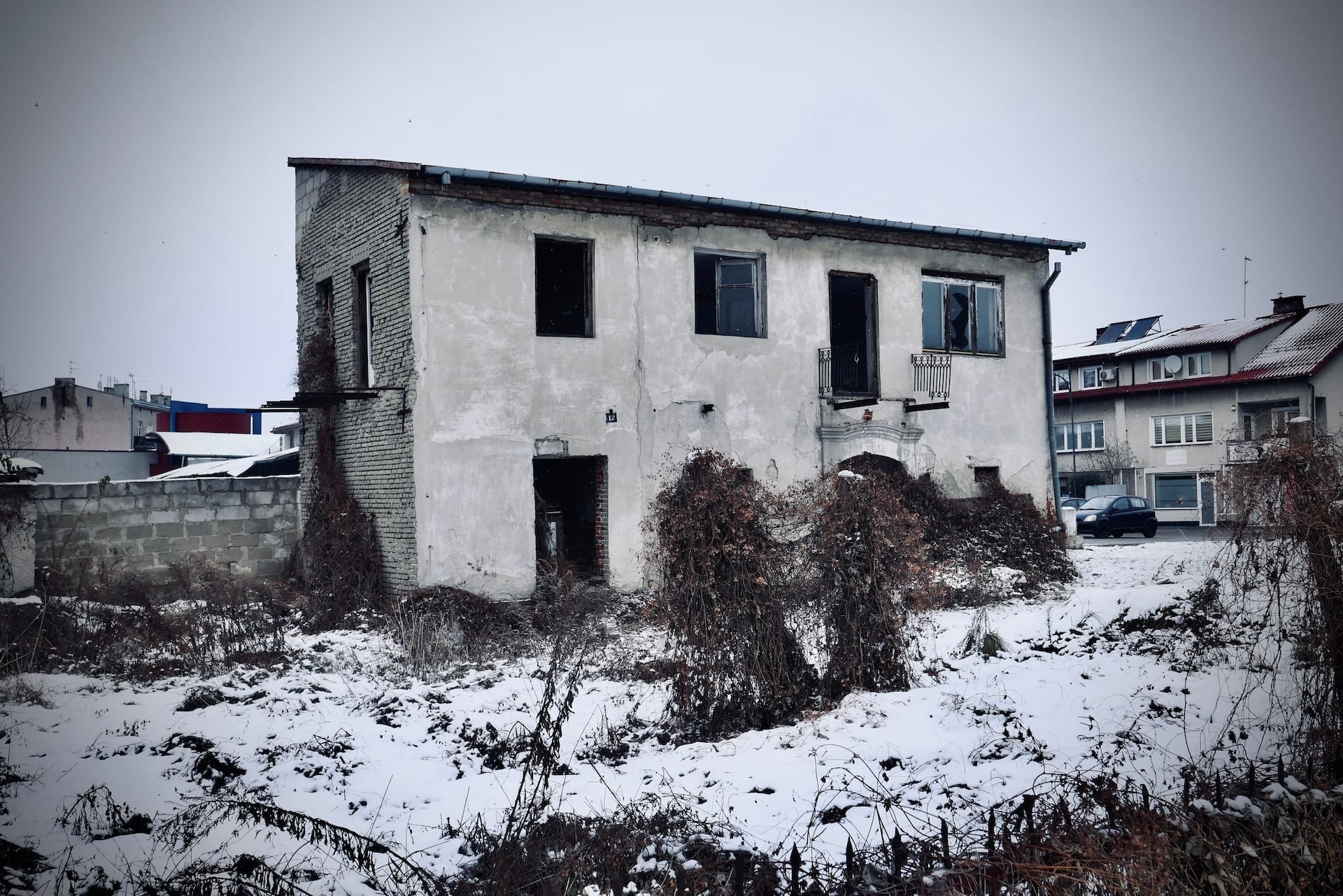
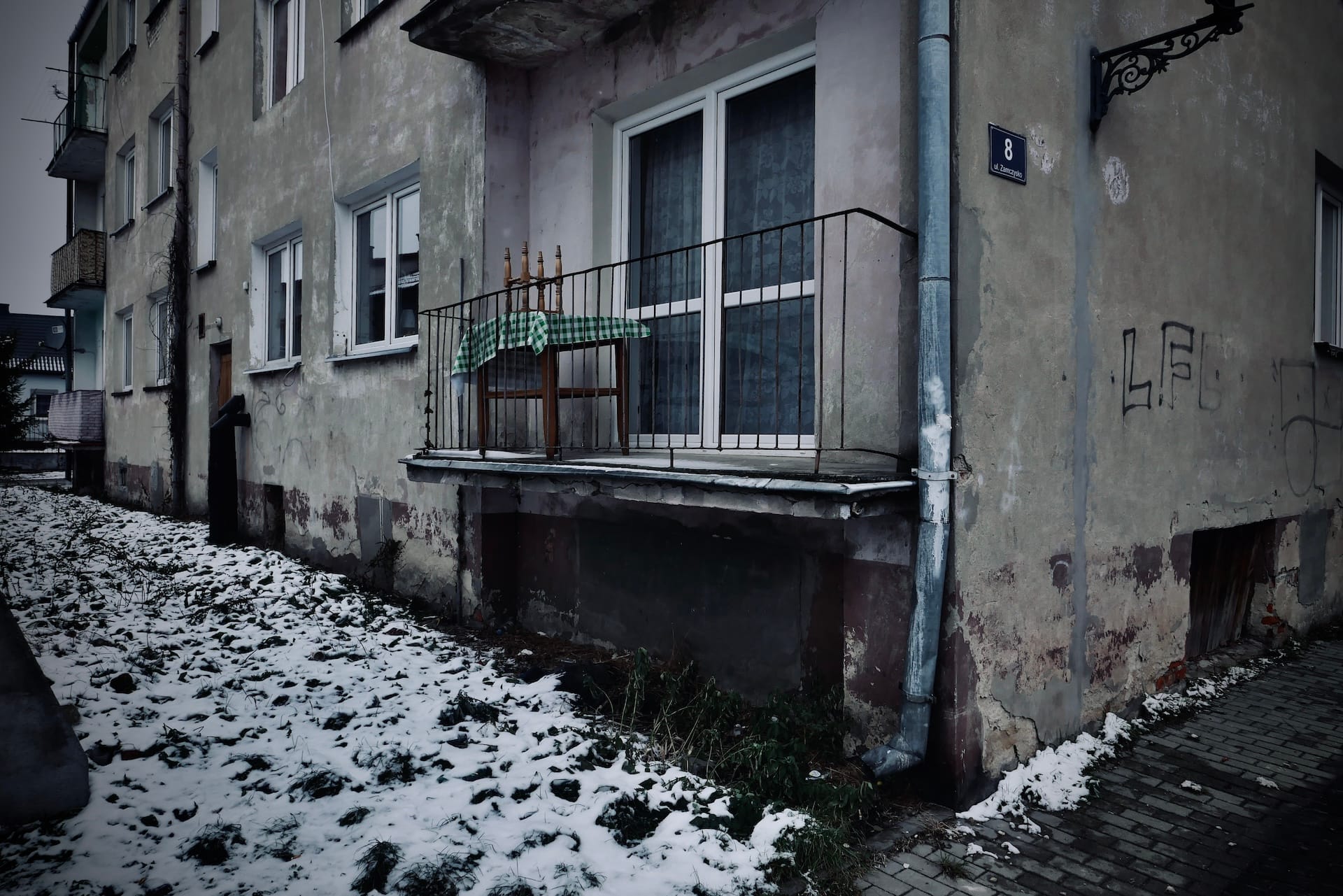
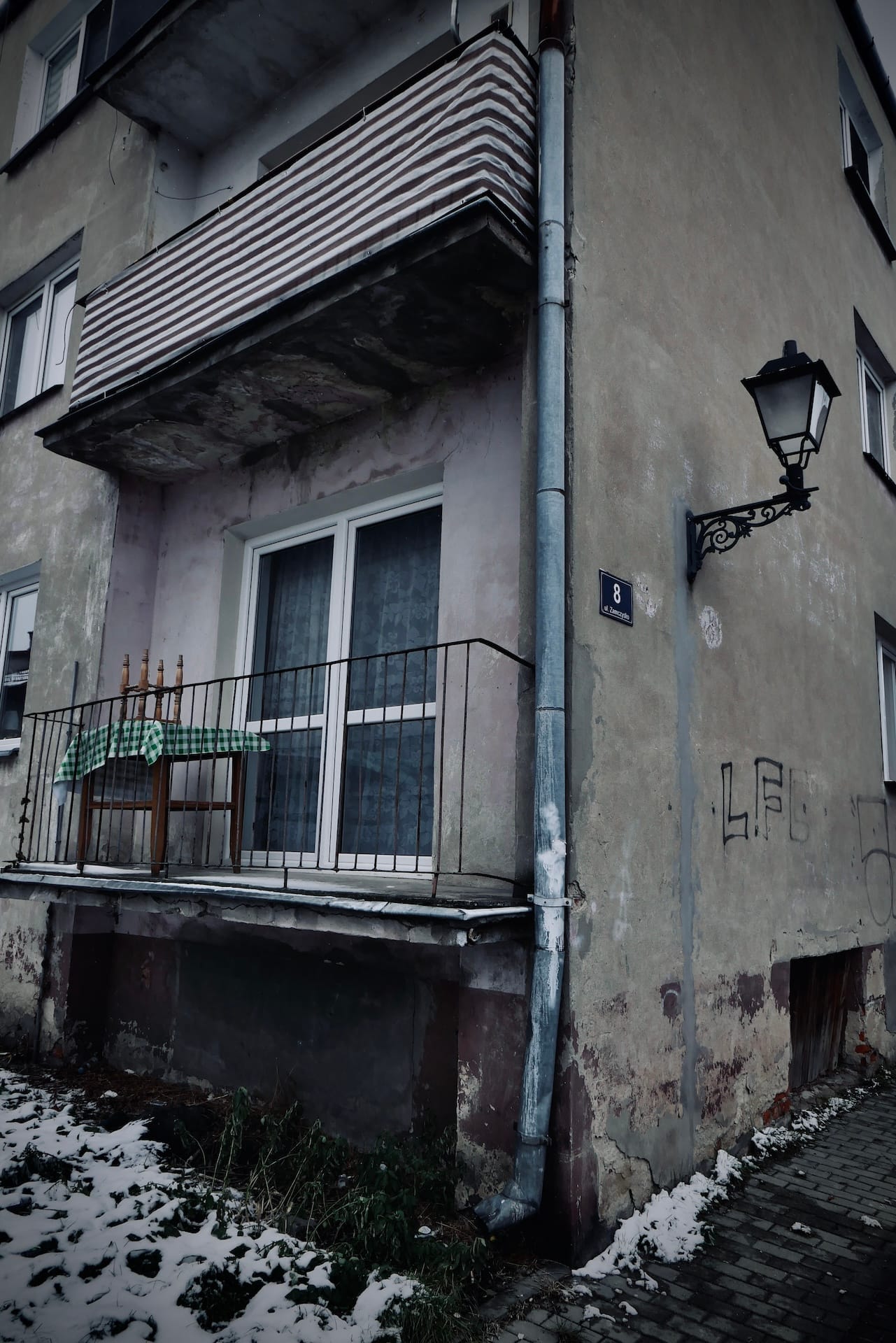
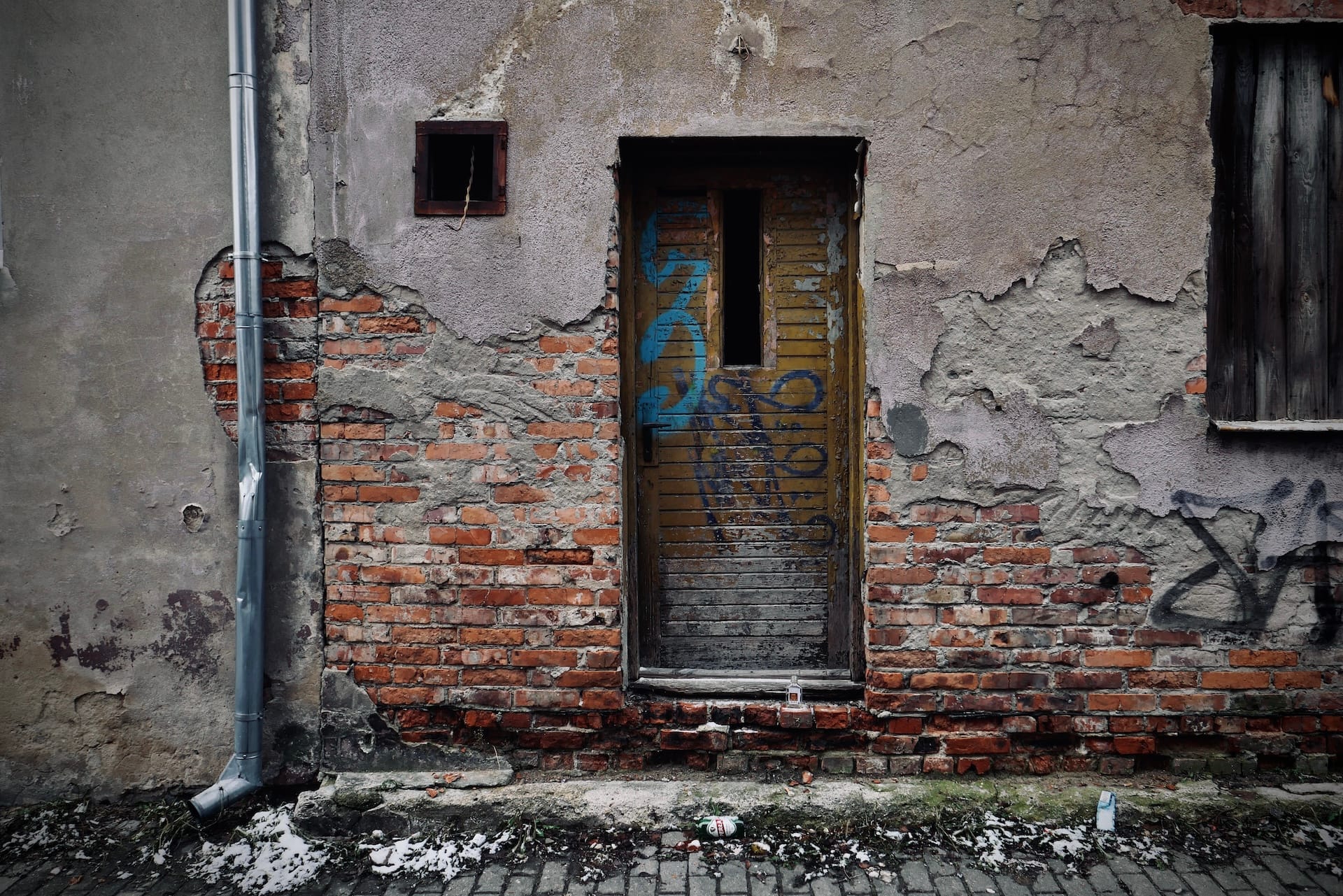
My route took me west across the River Krzna and then south through the suburbs of the town to the train station along the aptly named Ul. Partyzantów.
It was a spectacularly miserable day, but despite this, one can't help feeling that Międzyrzec has never truly recovered from the events of 1942.
And why should it?
It labours under the weight of history and lies cloaked in a foggy soup of coal smoke and gasoline fumes.

Crossing the river and looking back at the town it seems almost frozen in time. Its drab colours and dilapidated buildings convey a deep sense of unease and guilt.
Narration:
Note:
"Ordinary Men" is now a Netflix documentary - well worth a watch. The book is a heavier deal but blistering in its evidence and candour.


